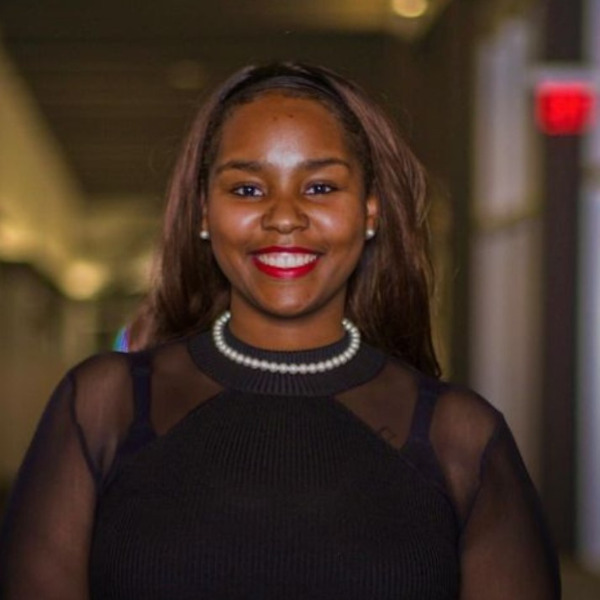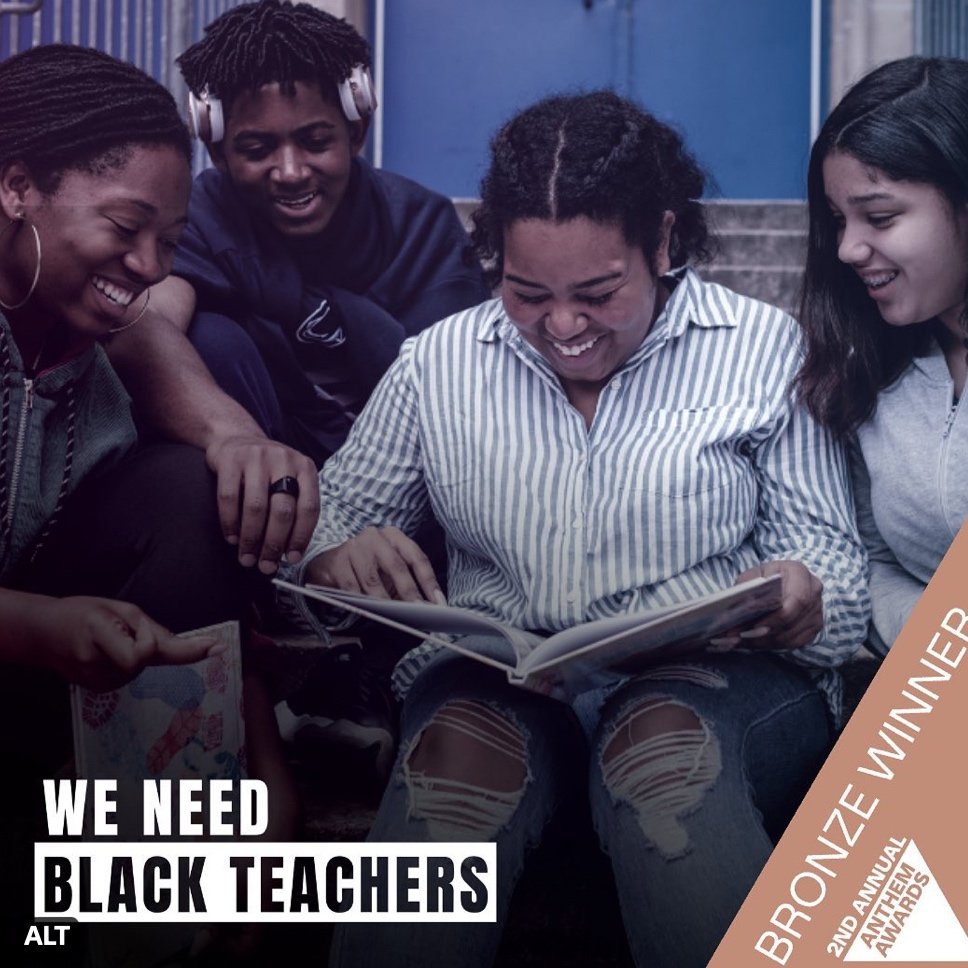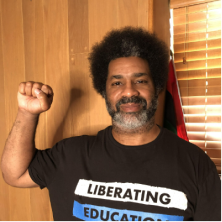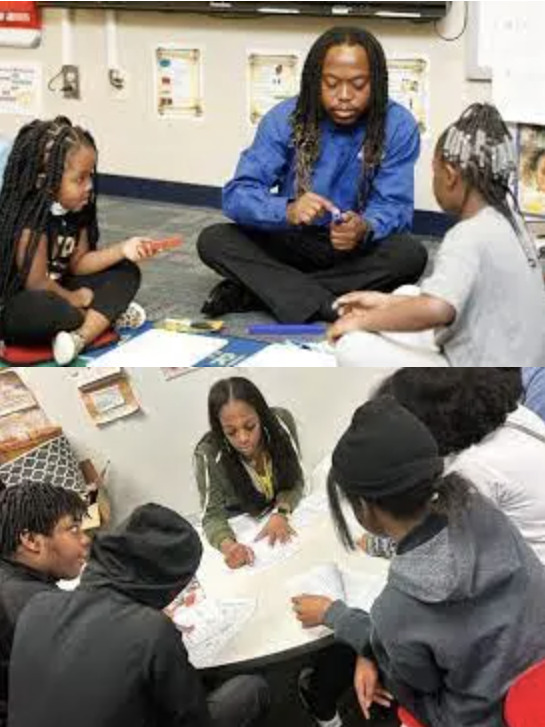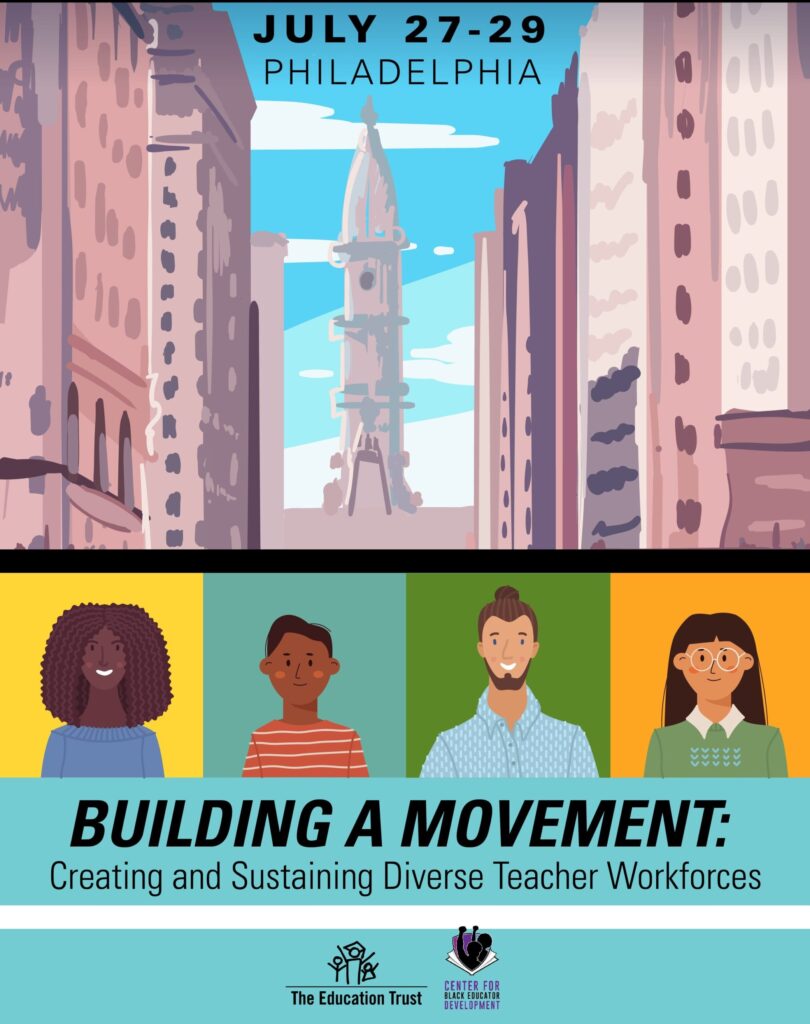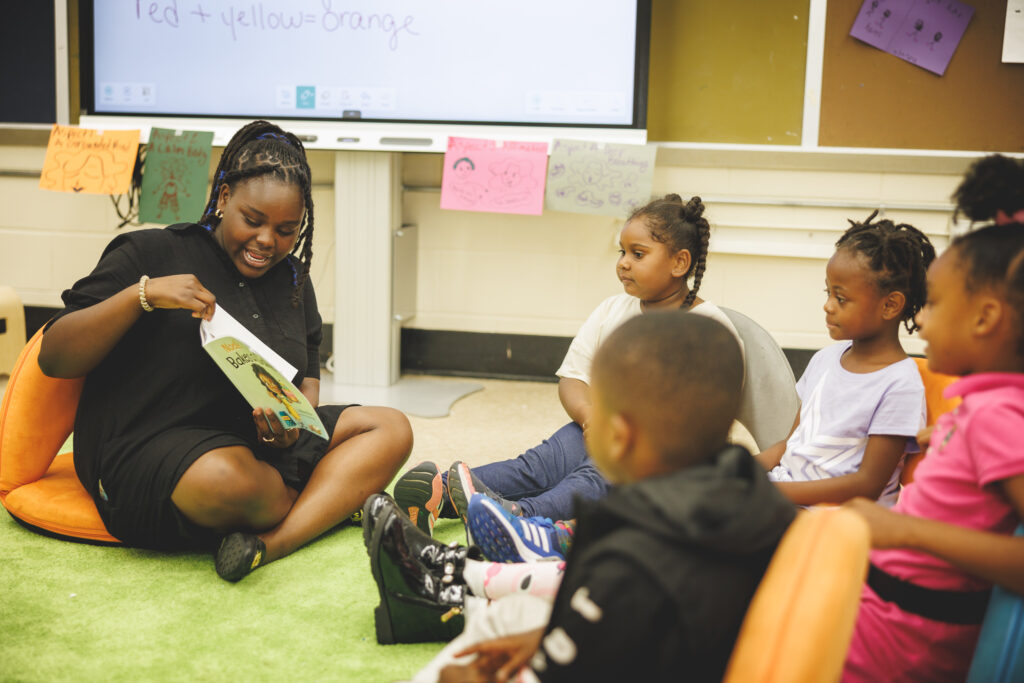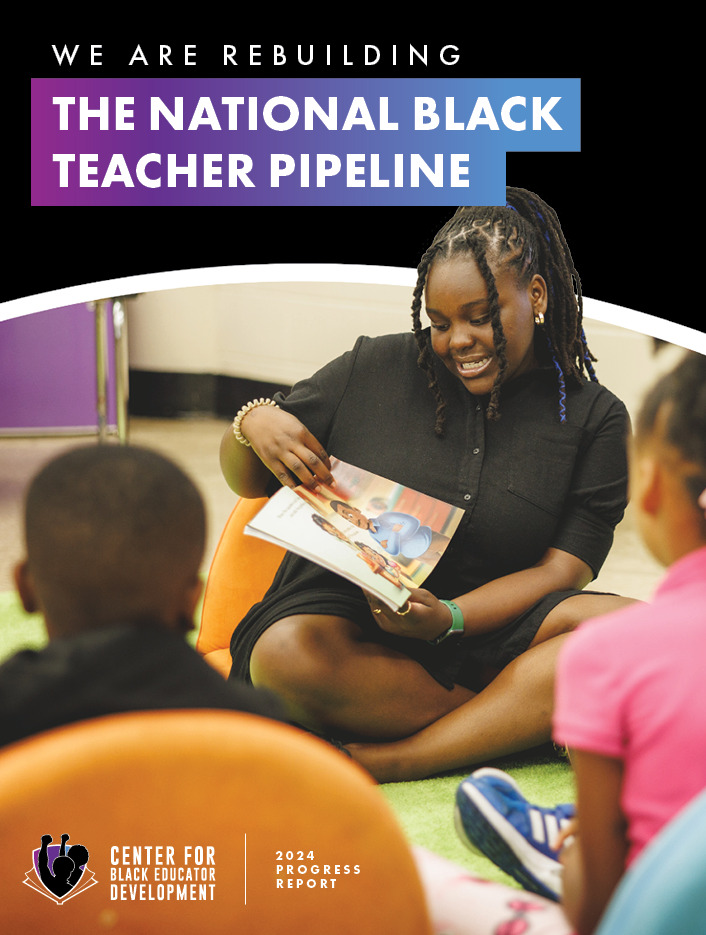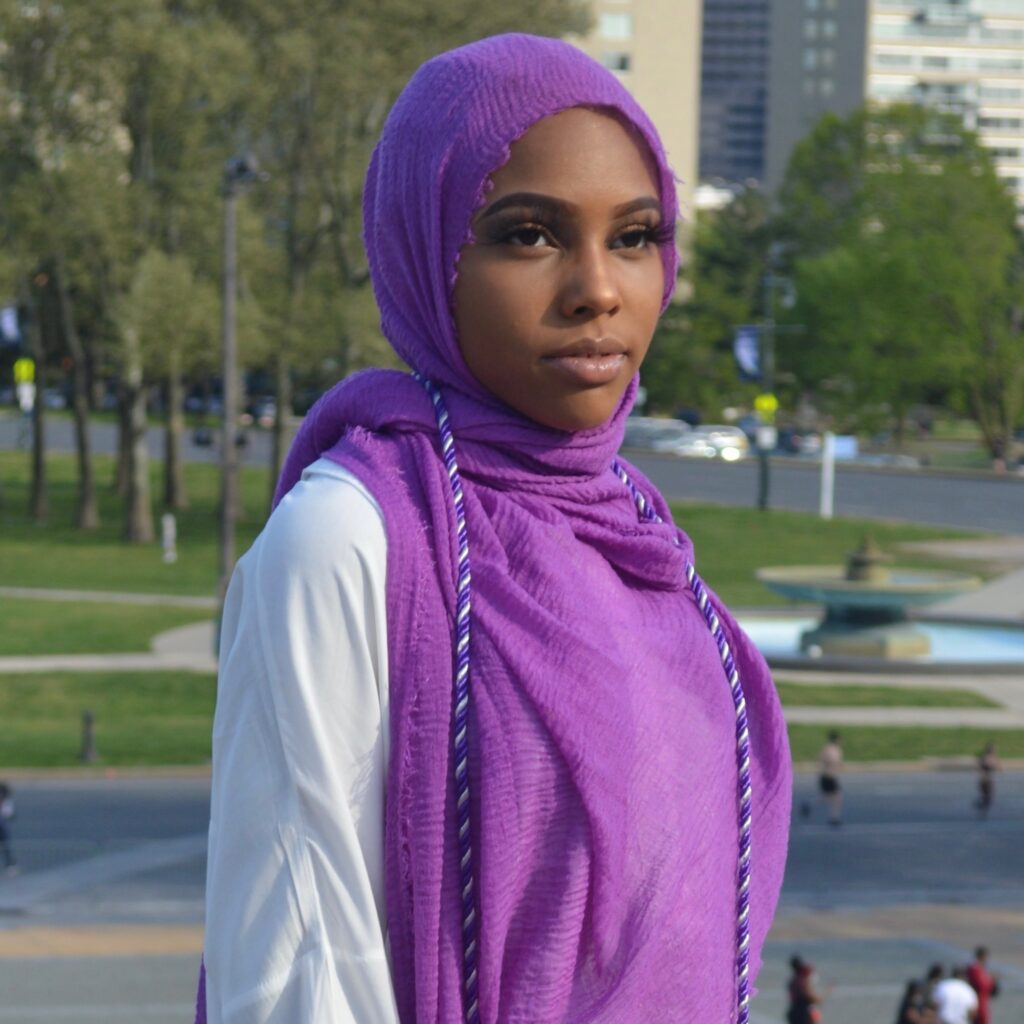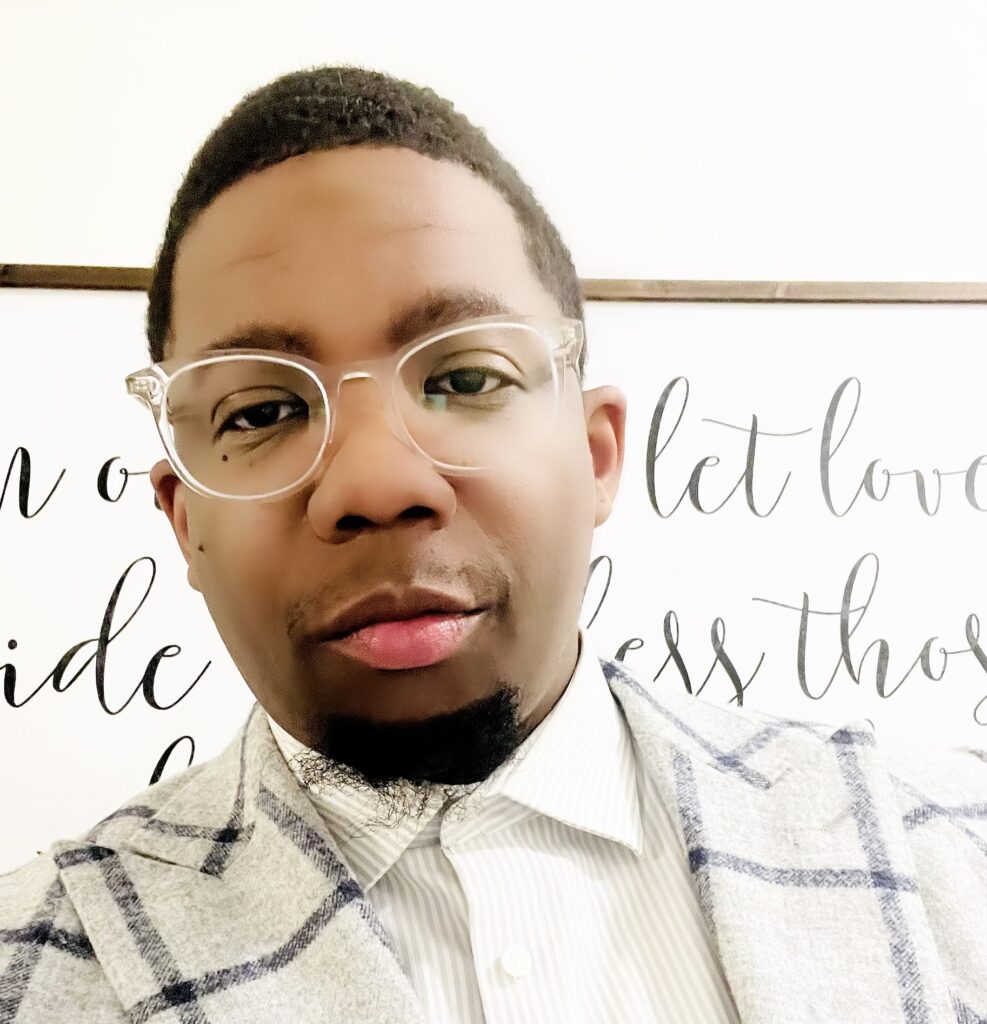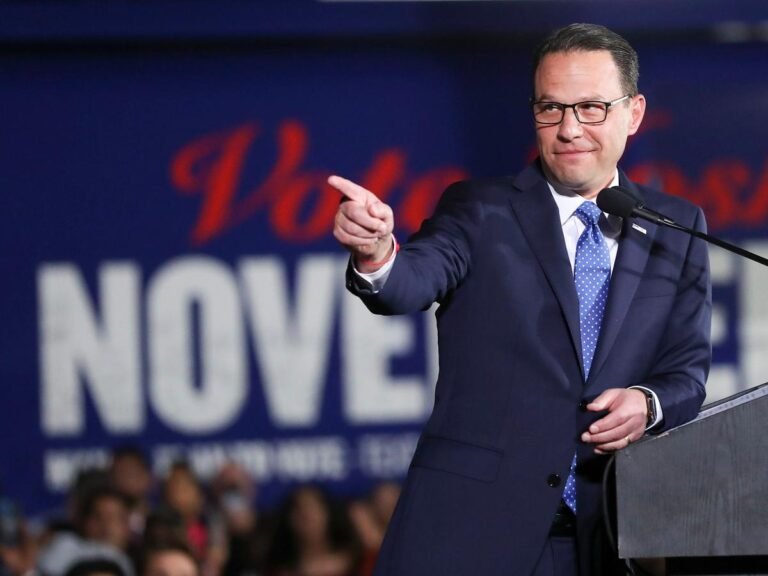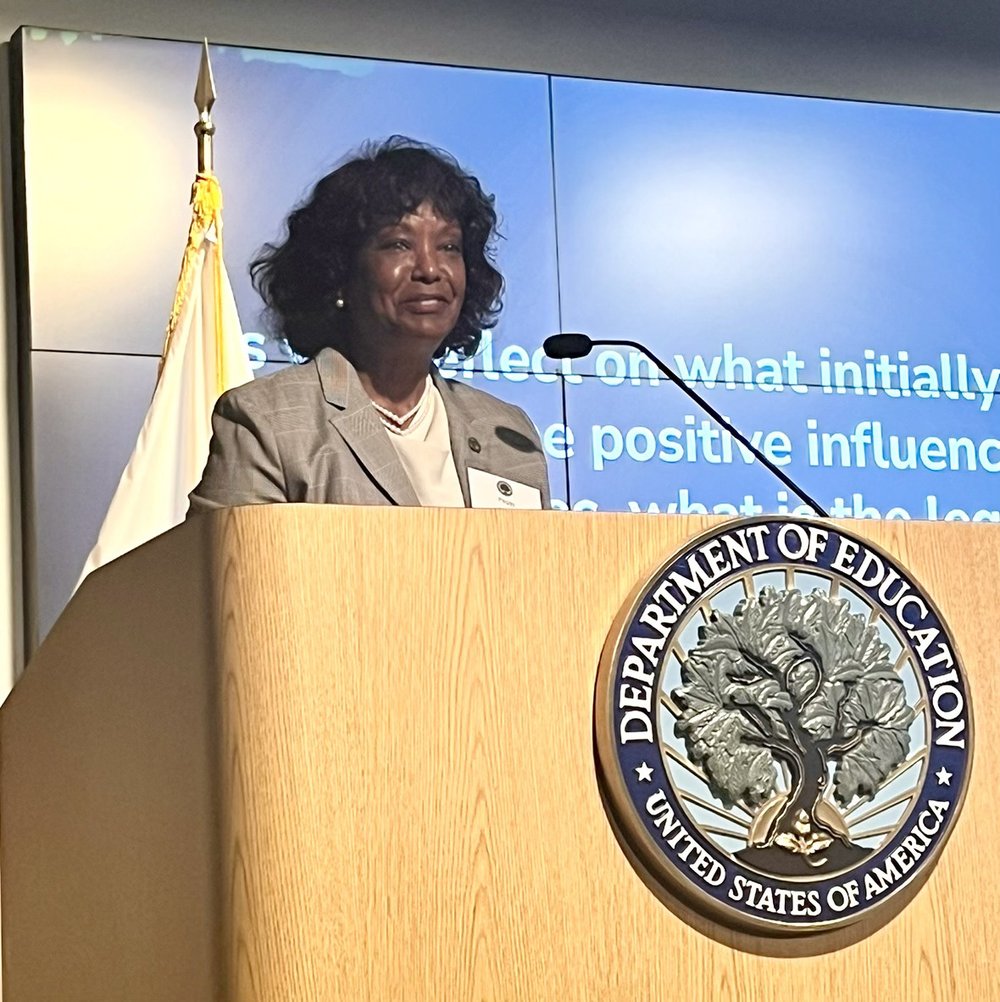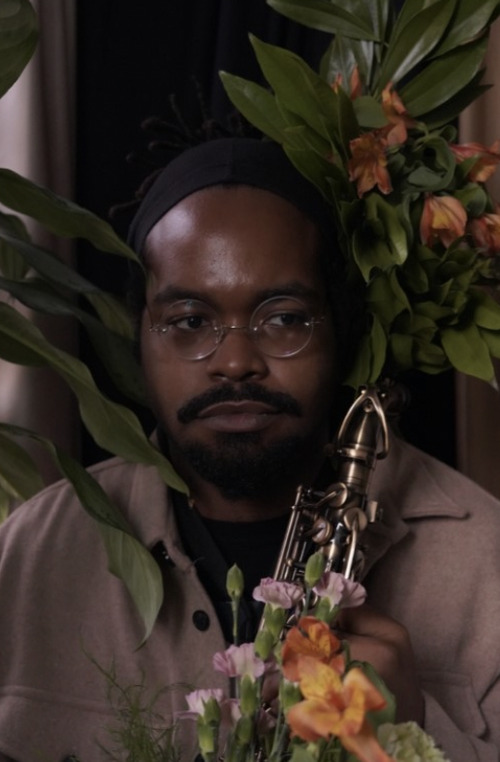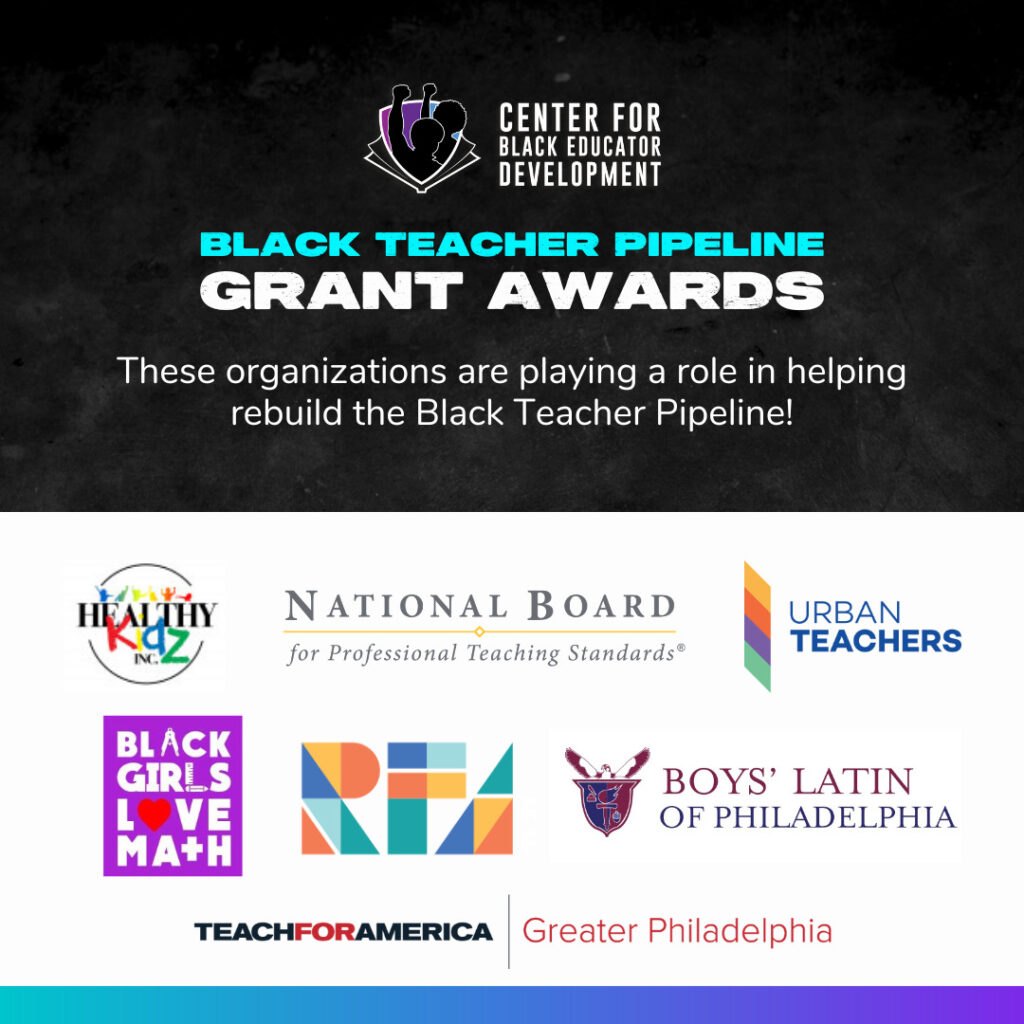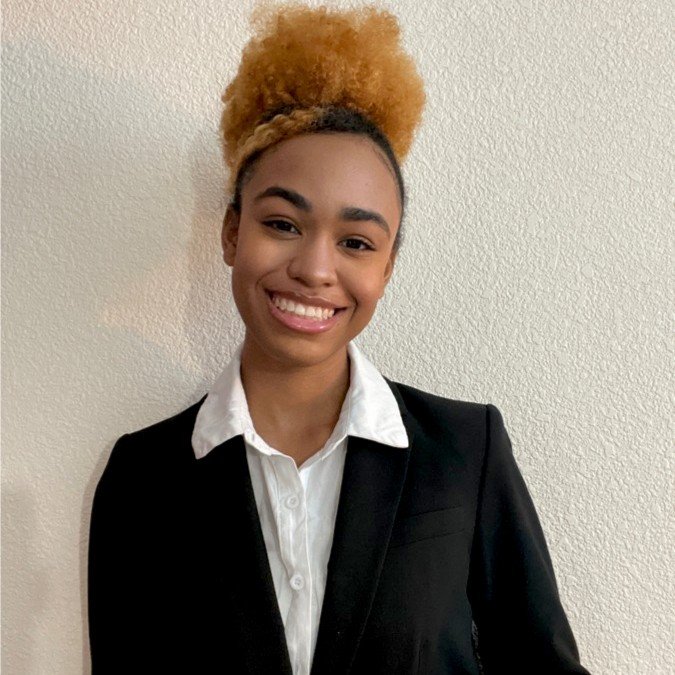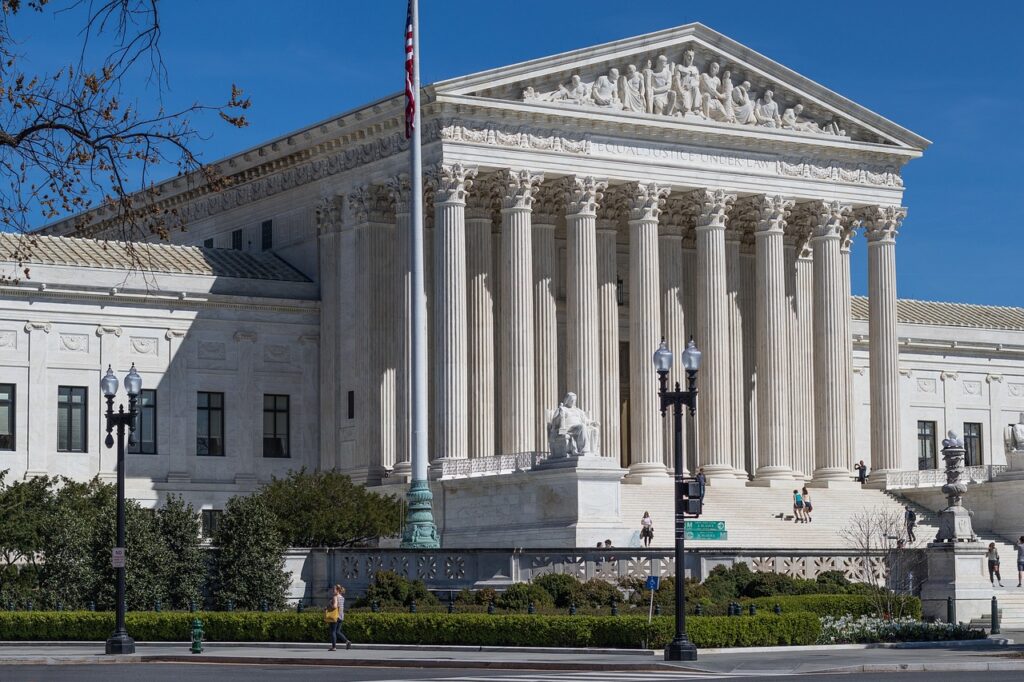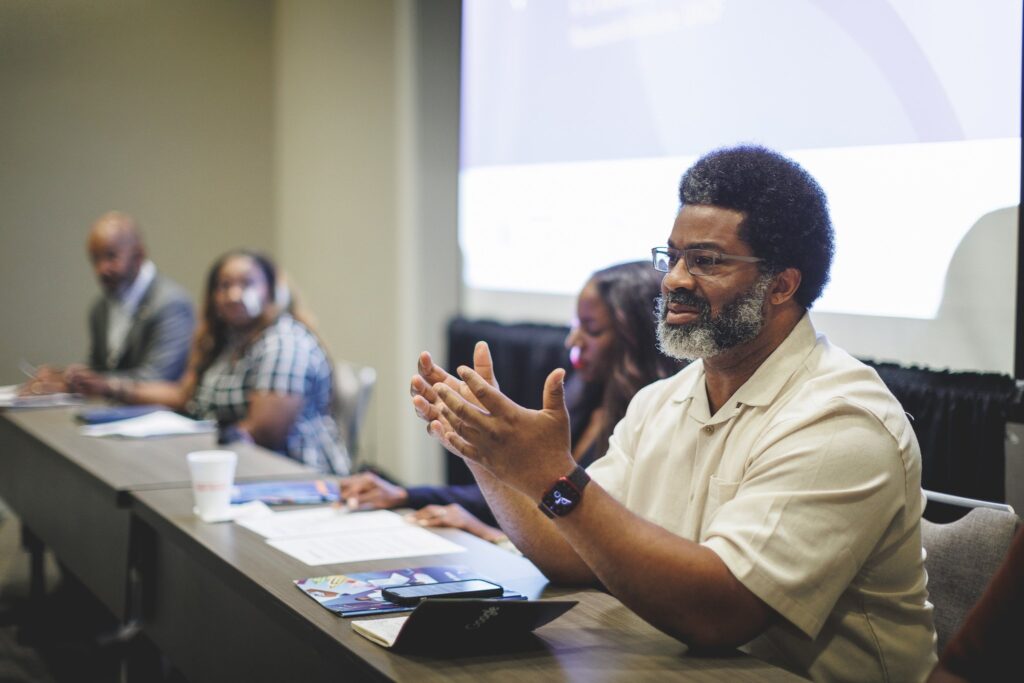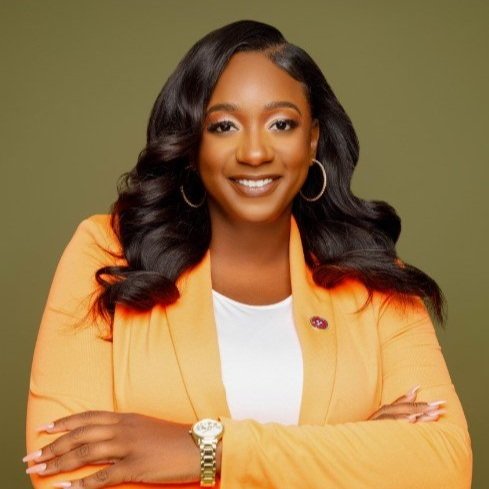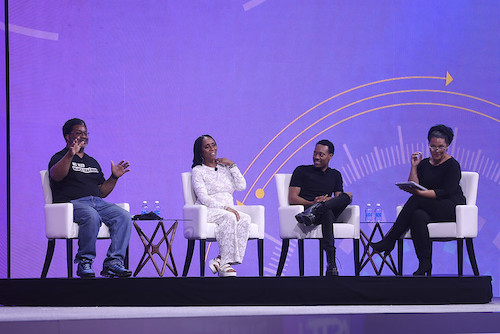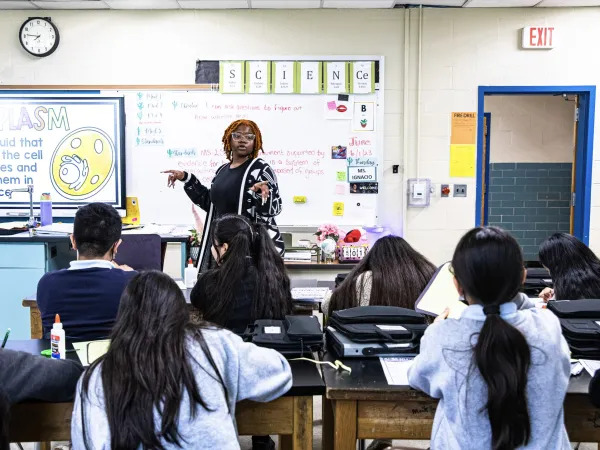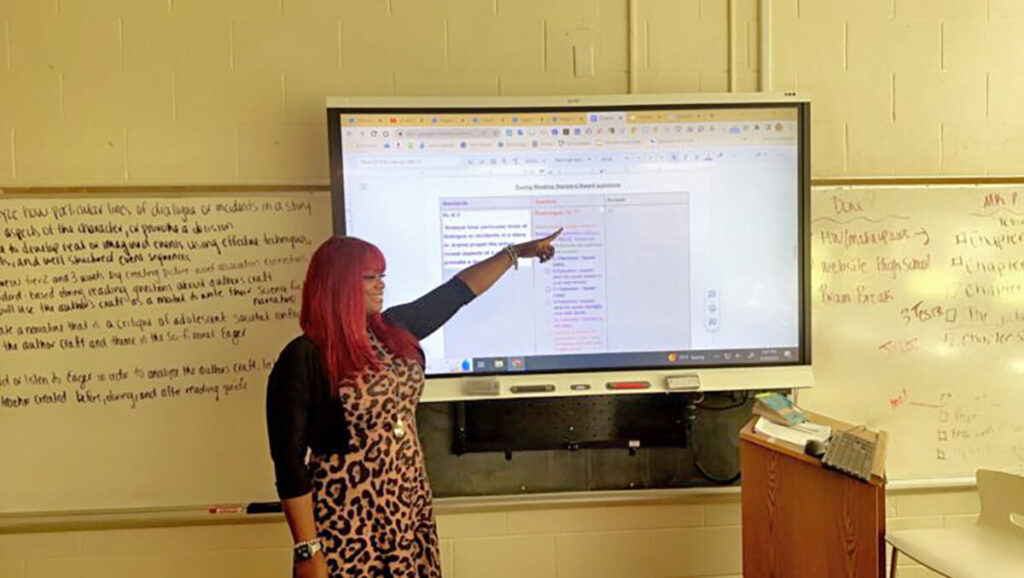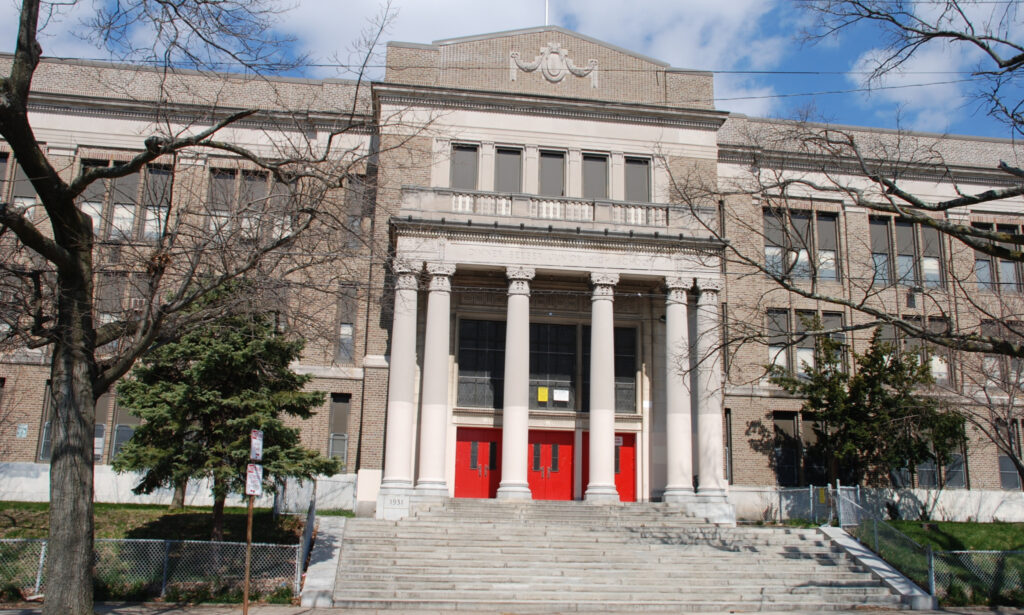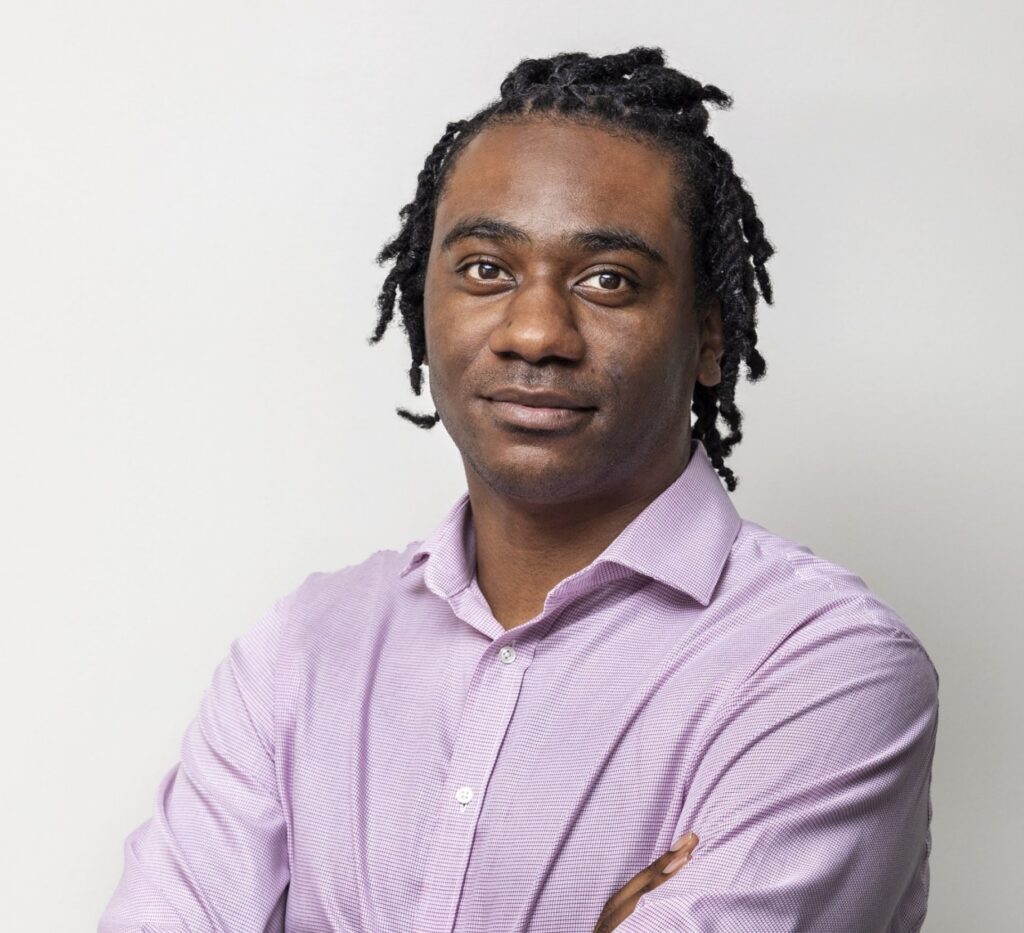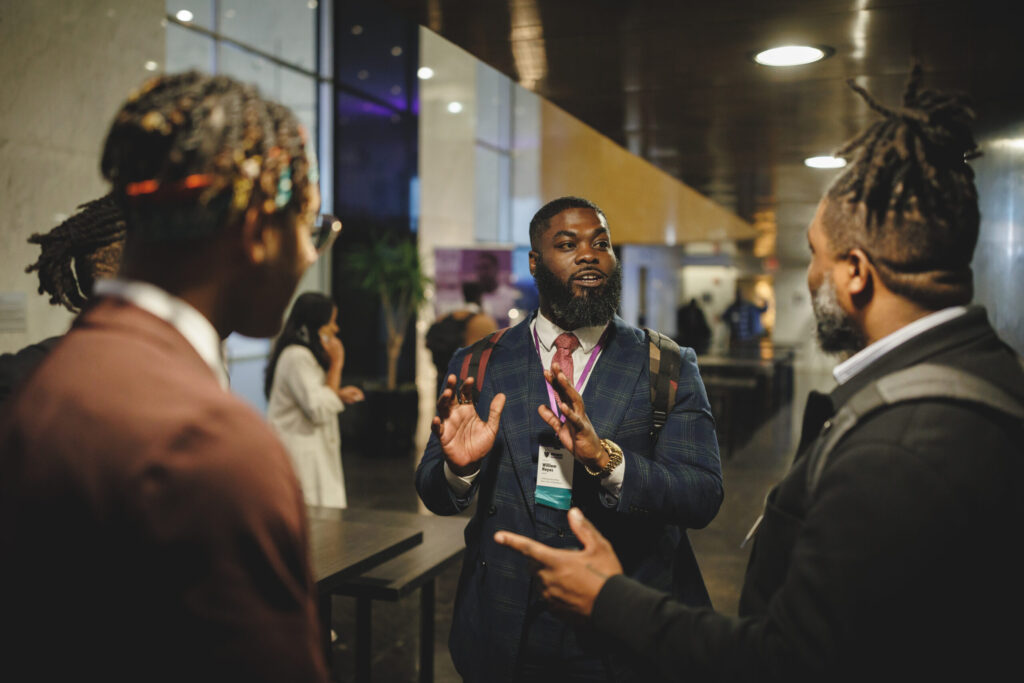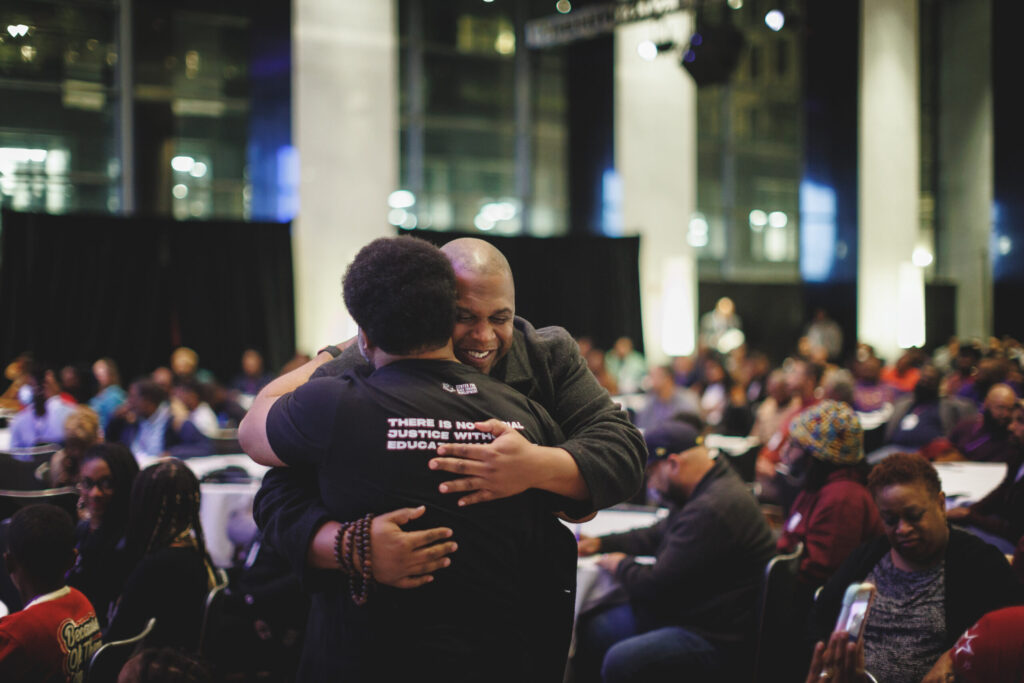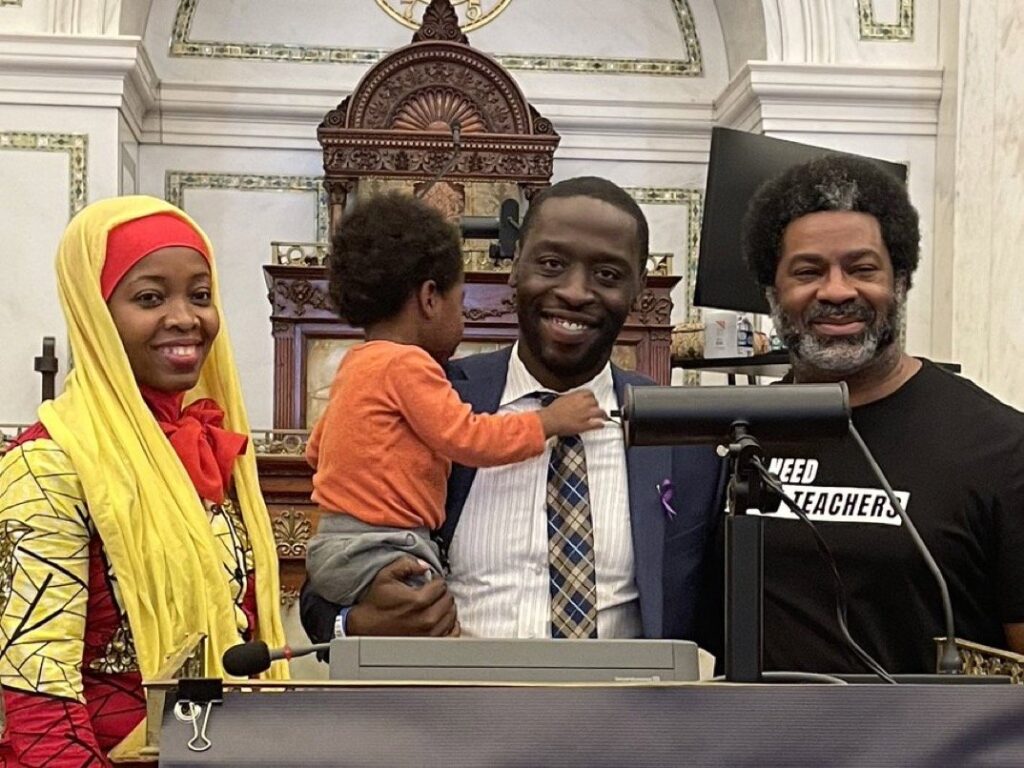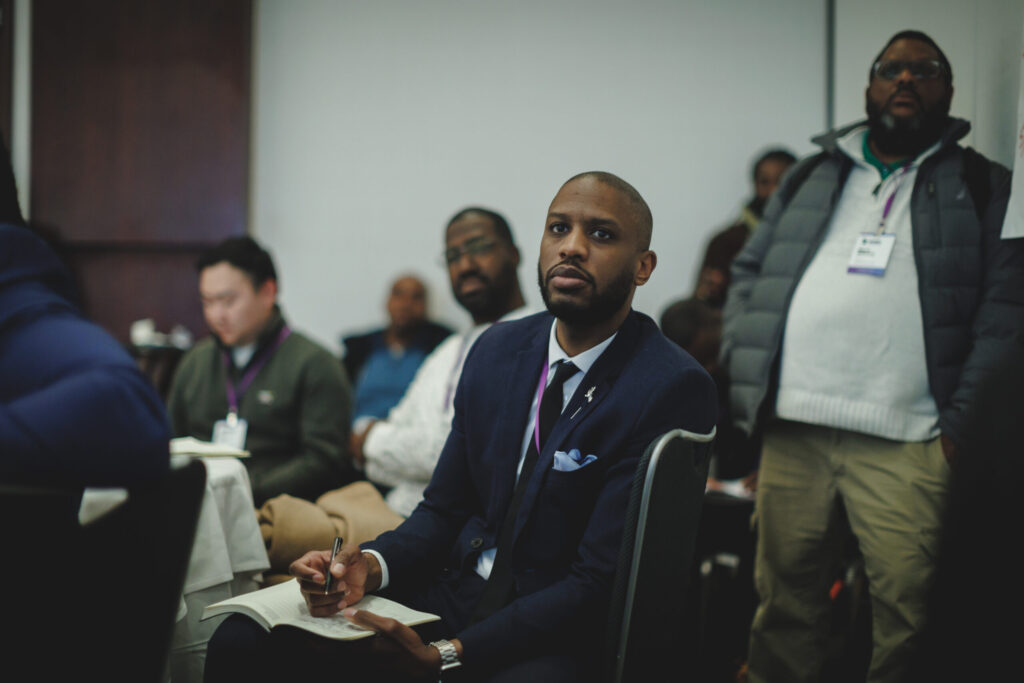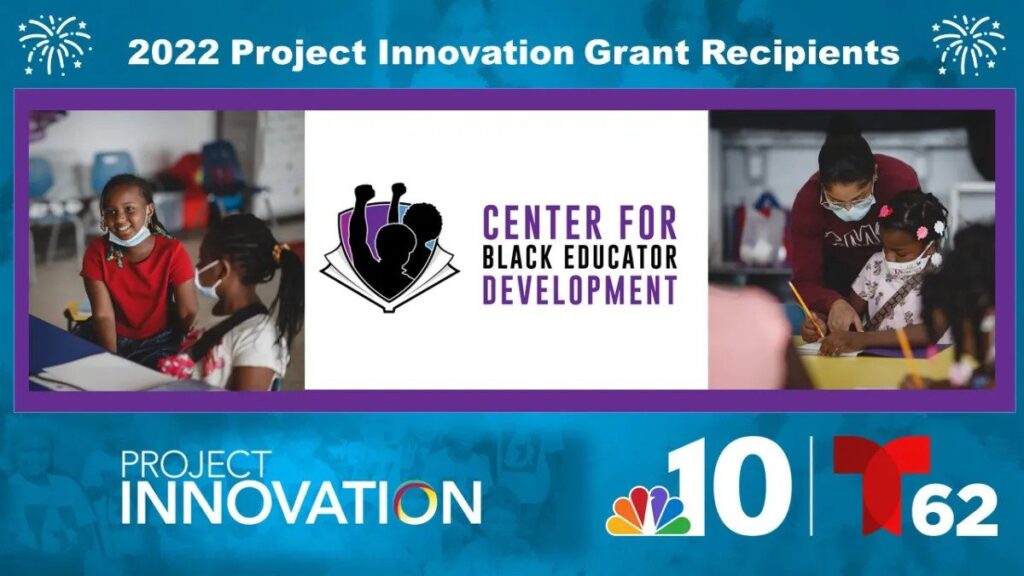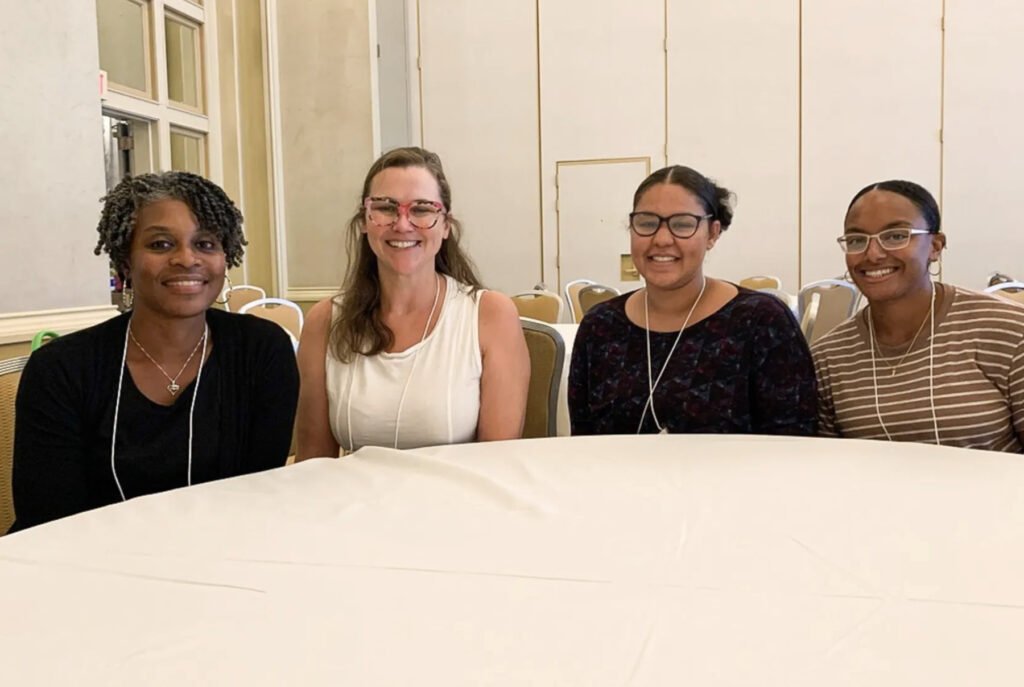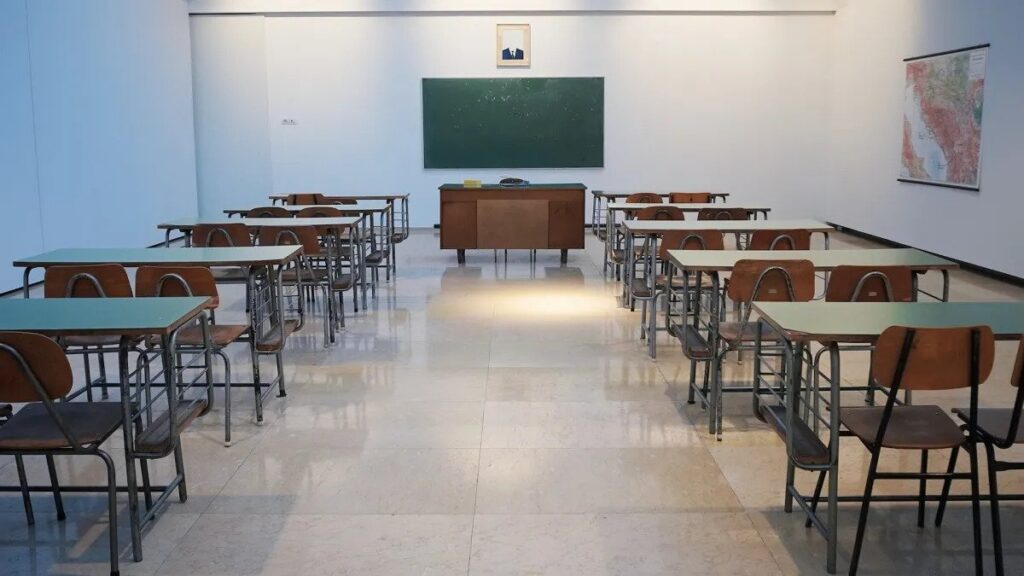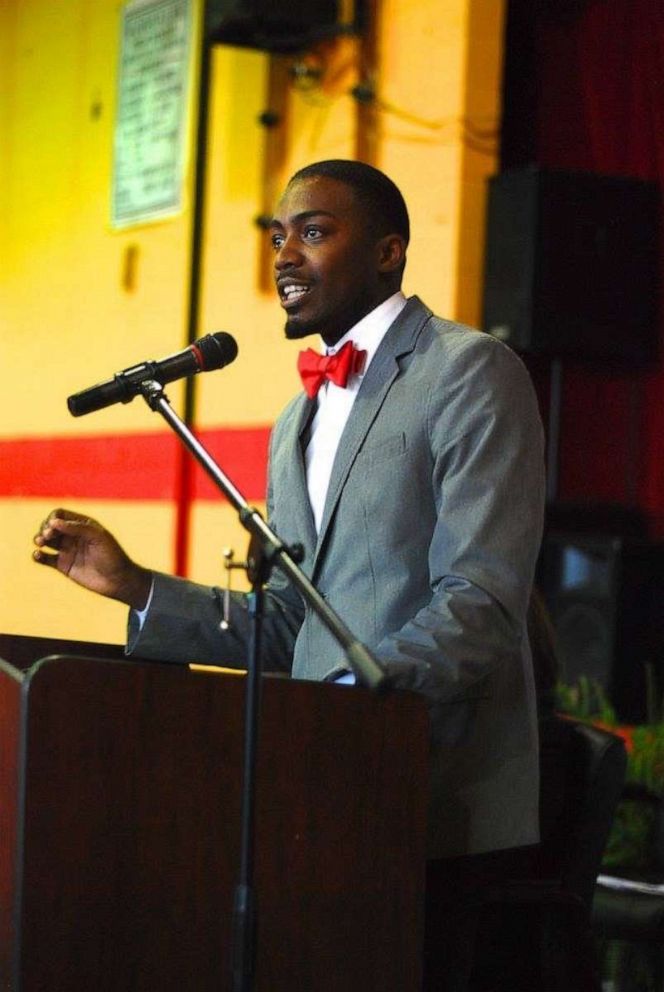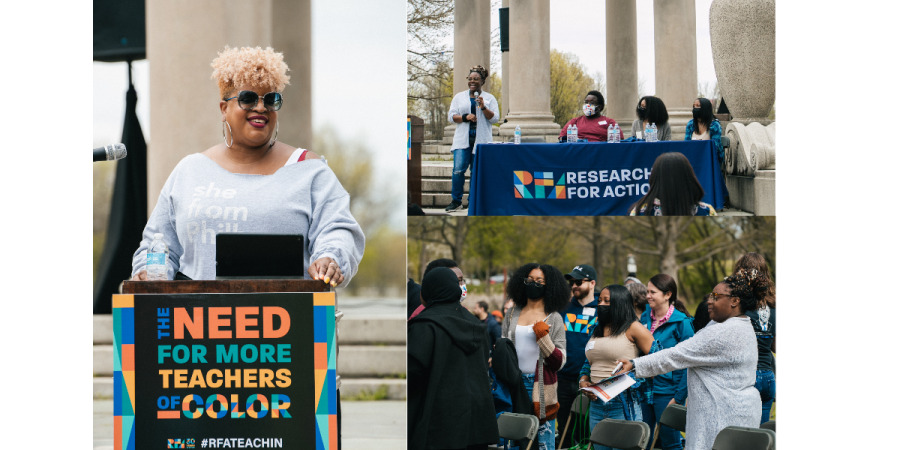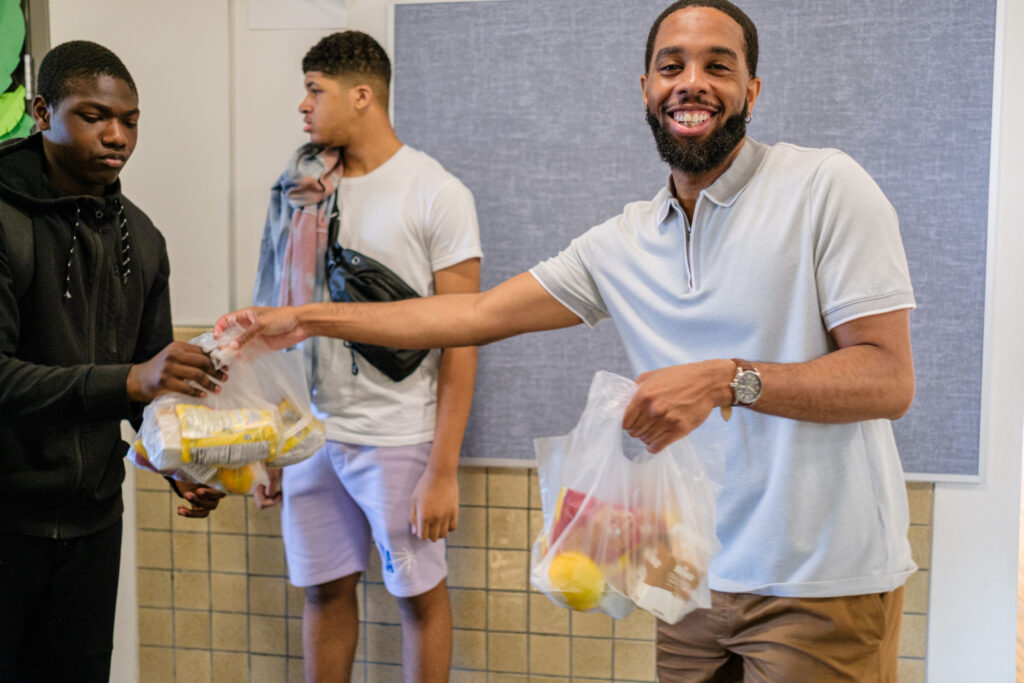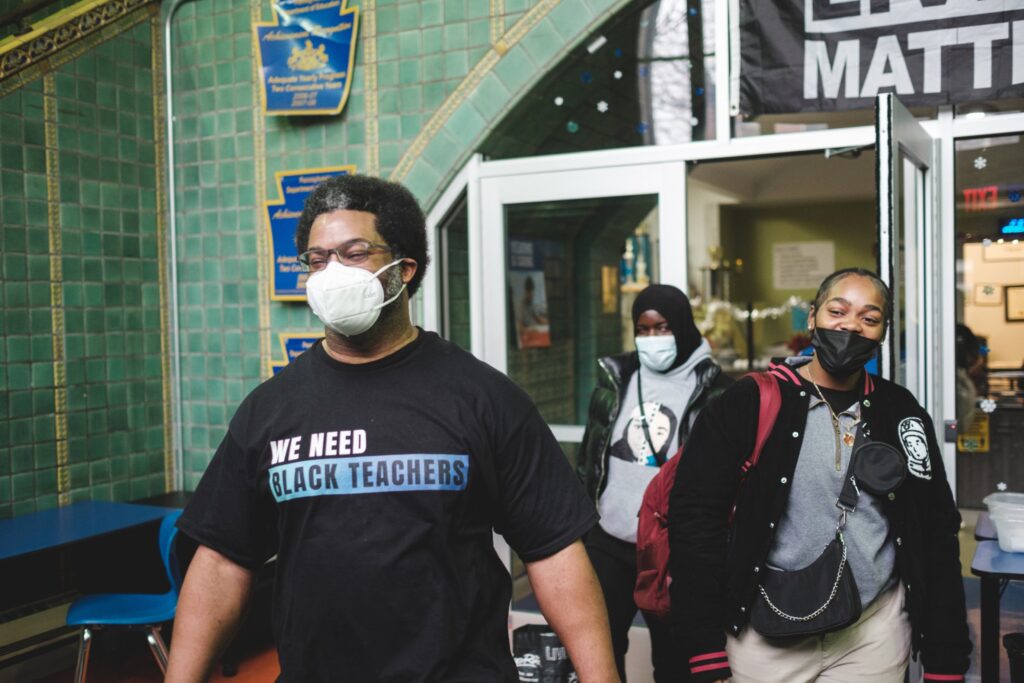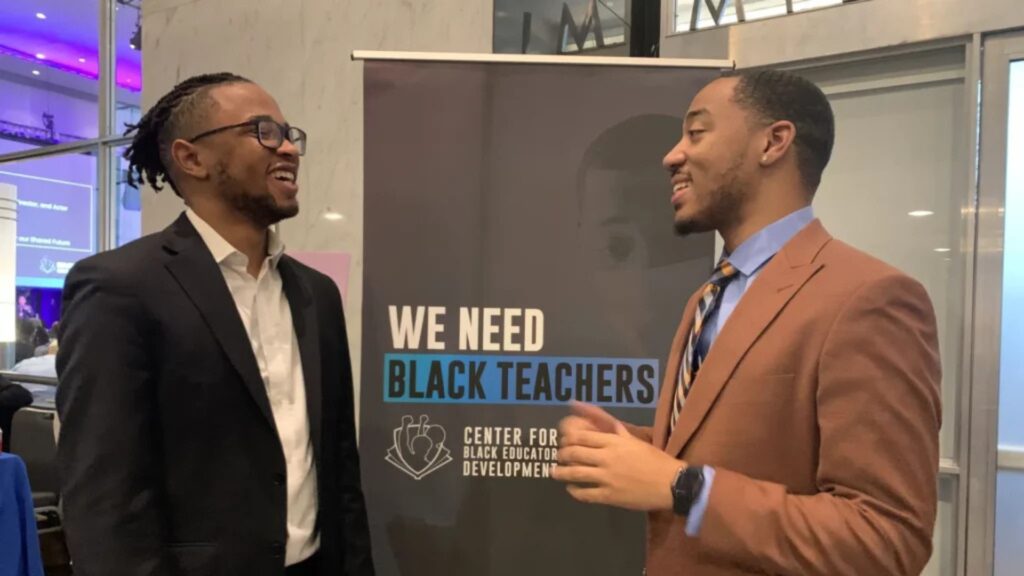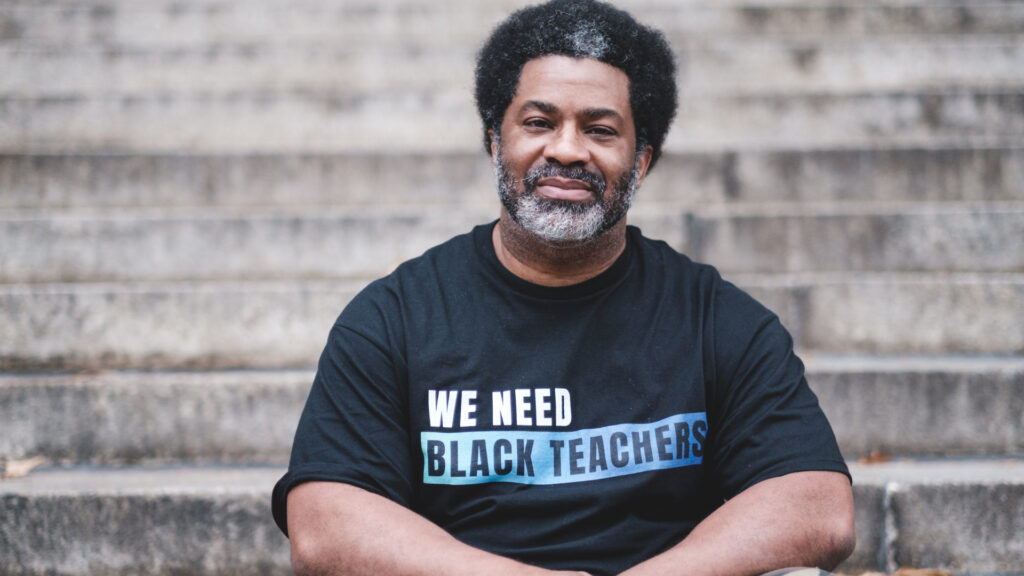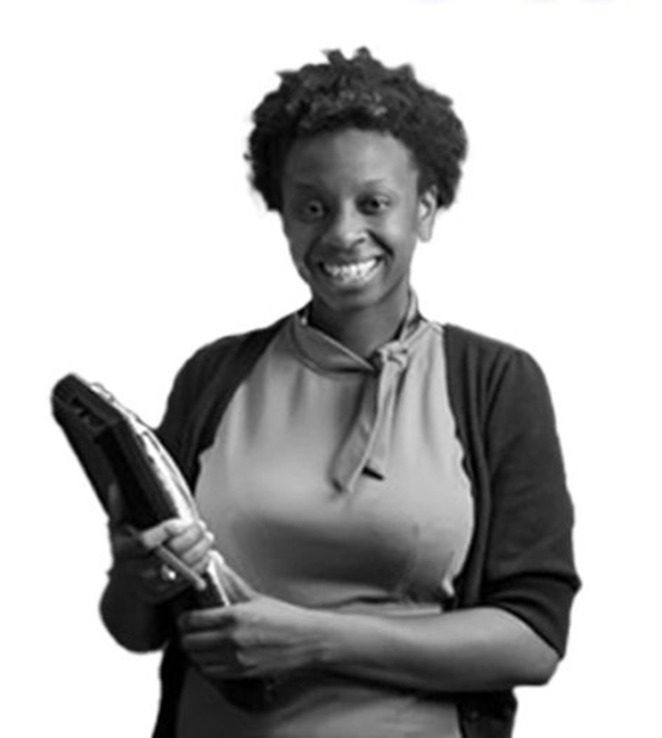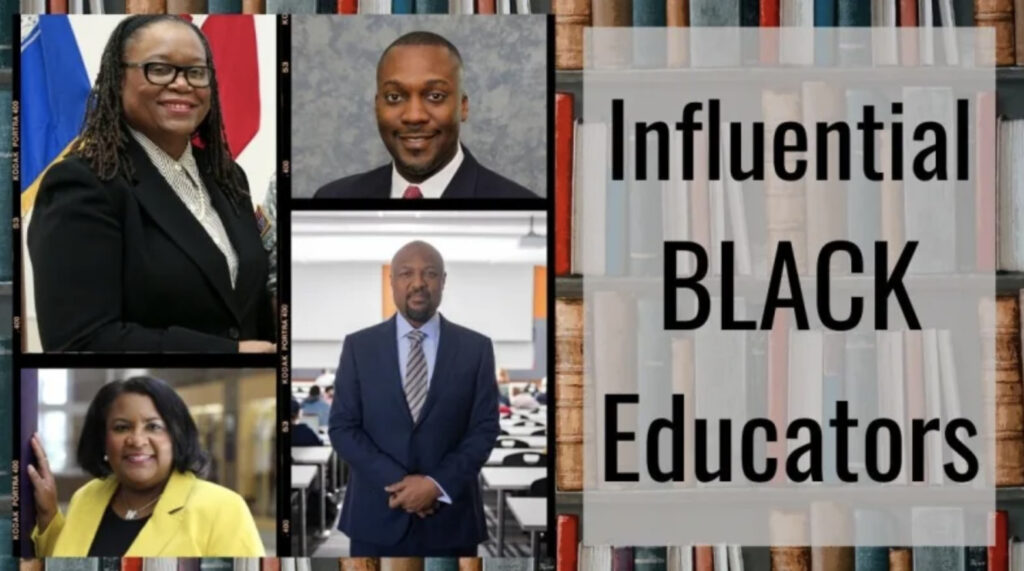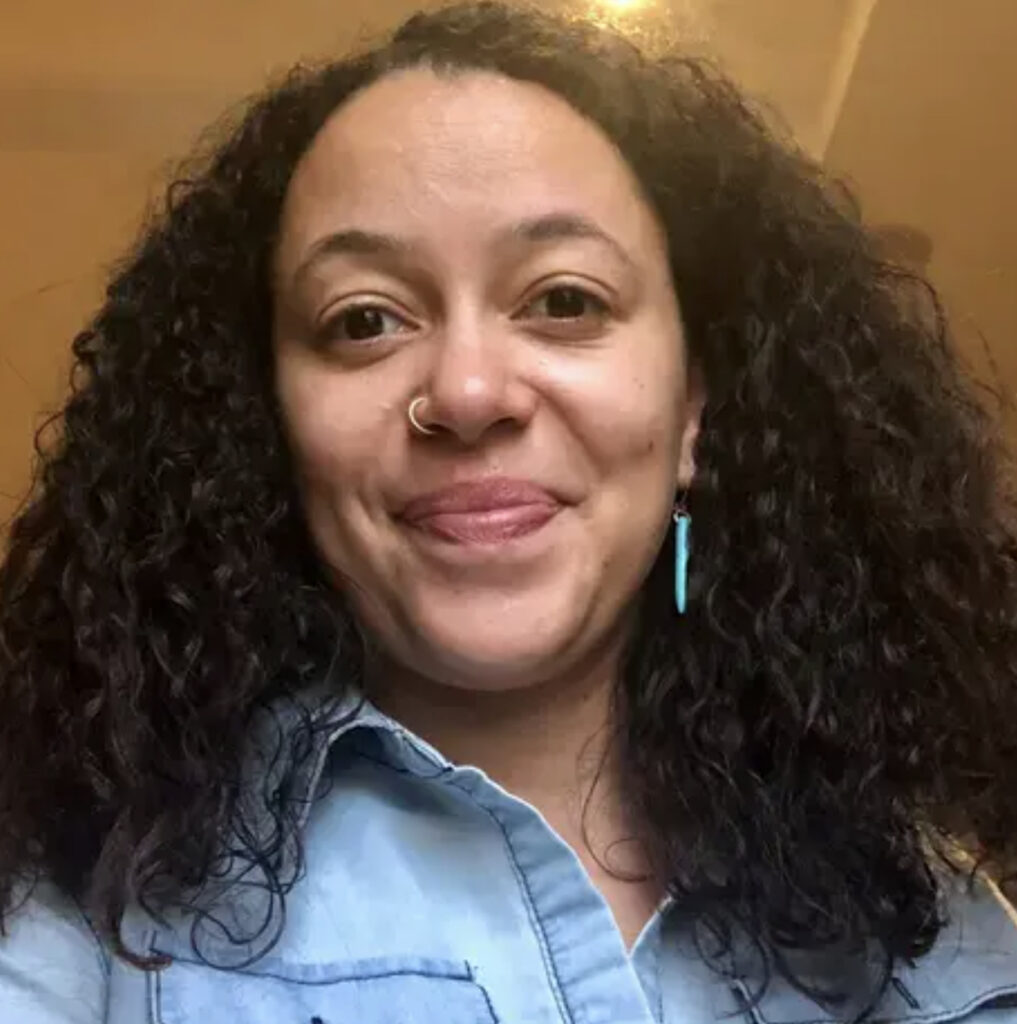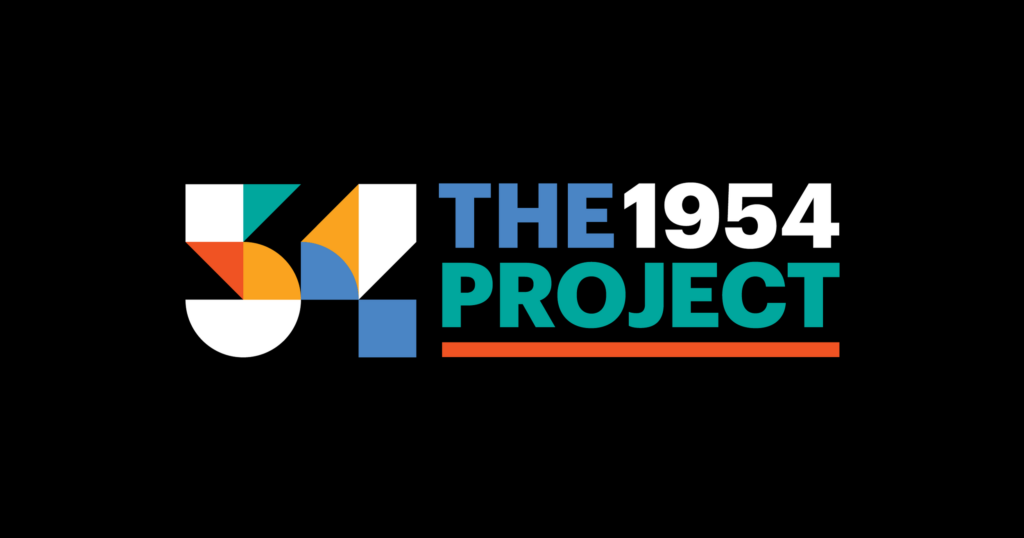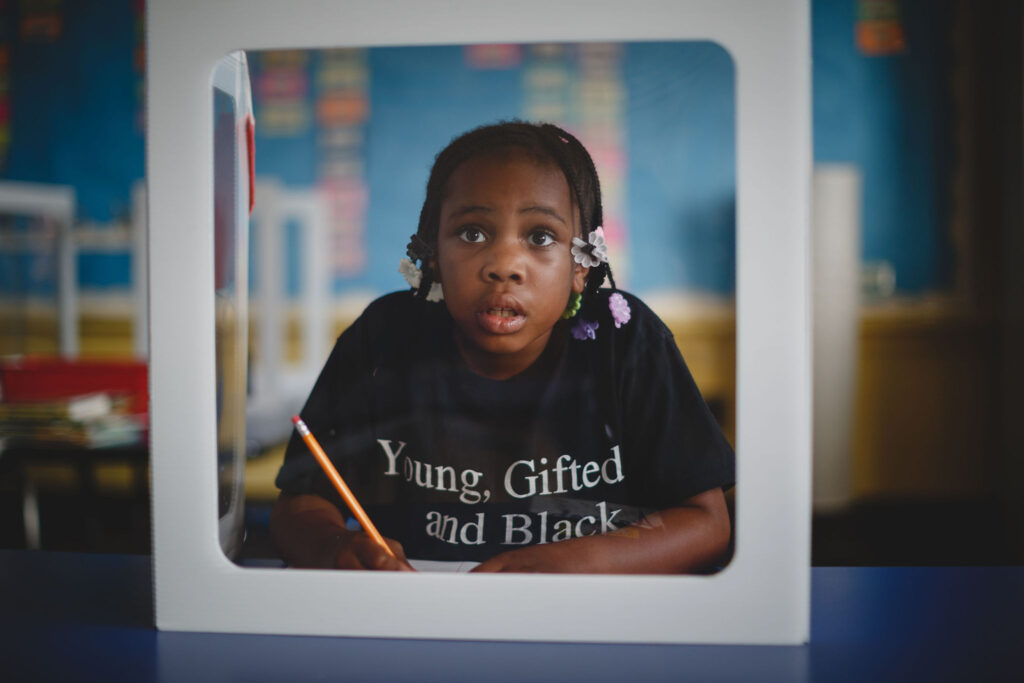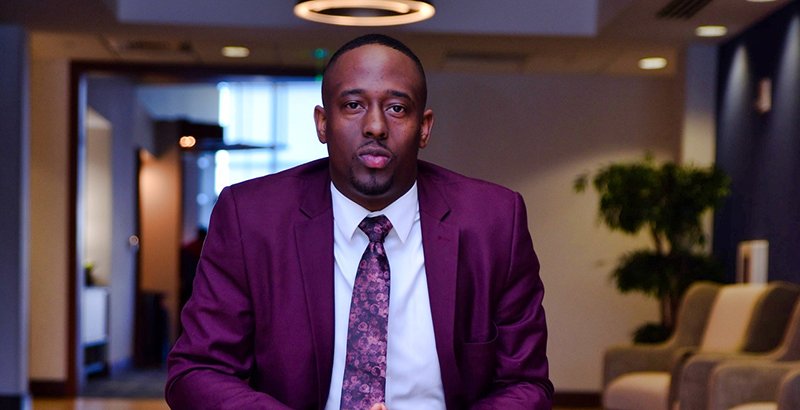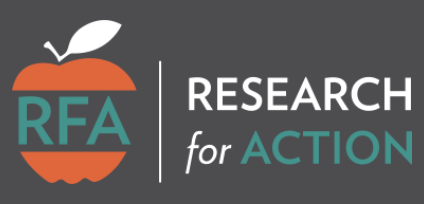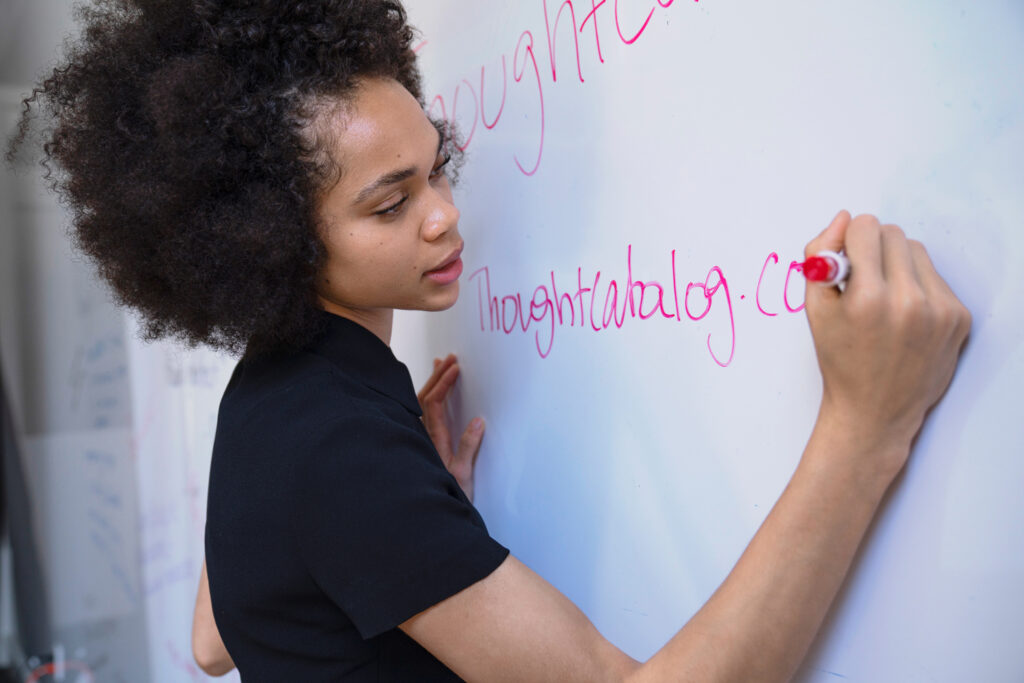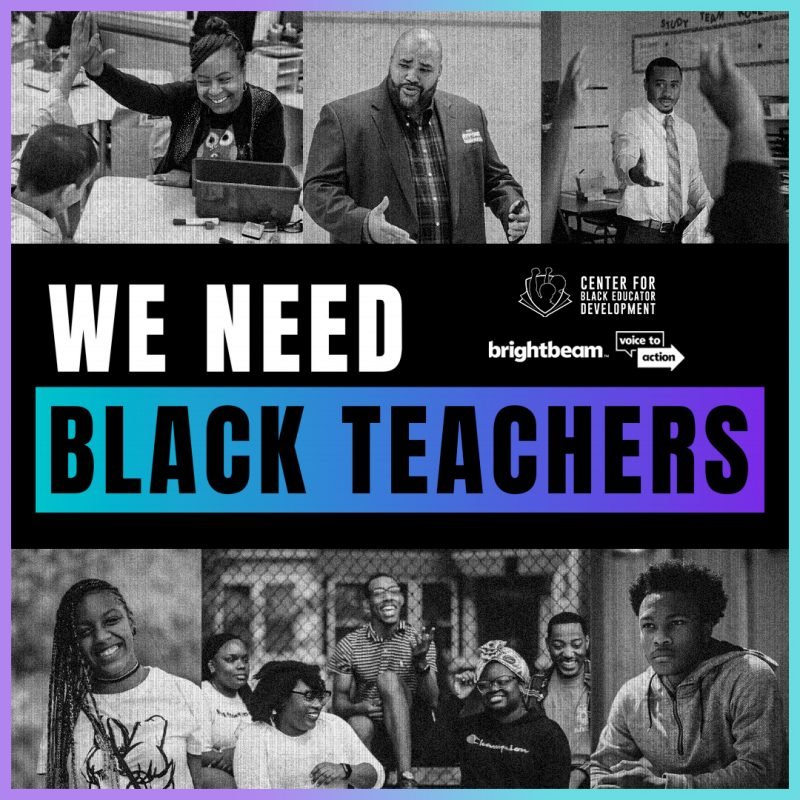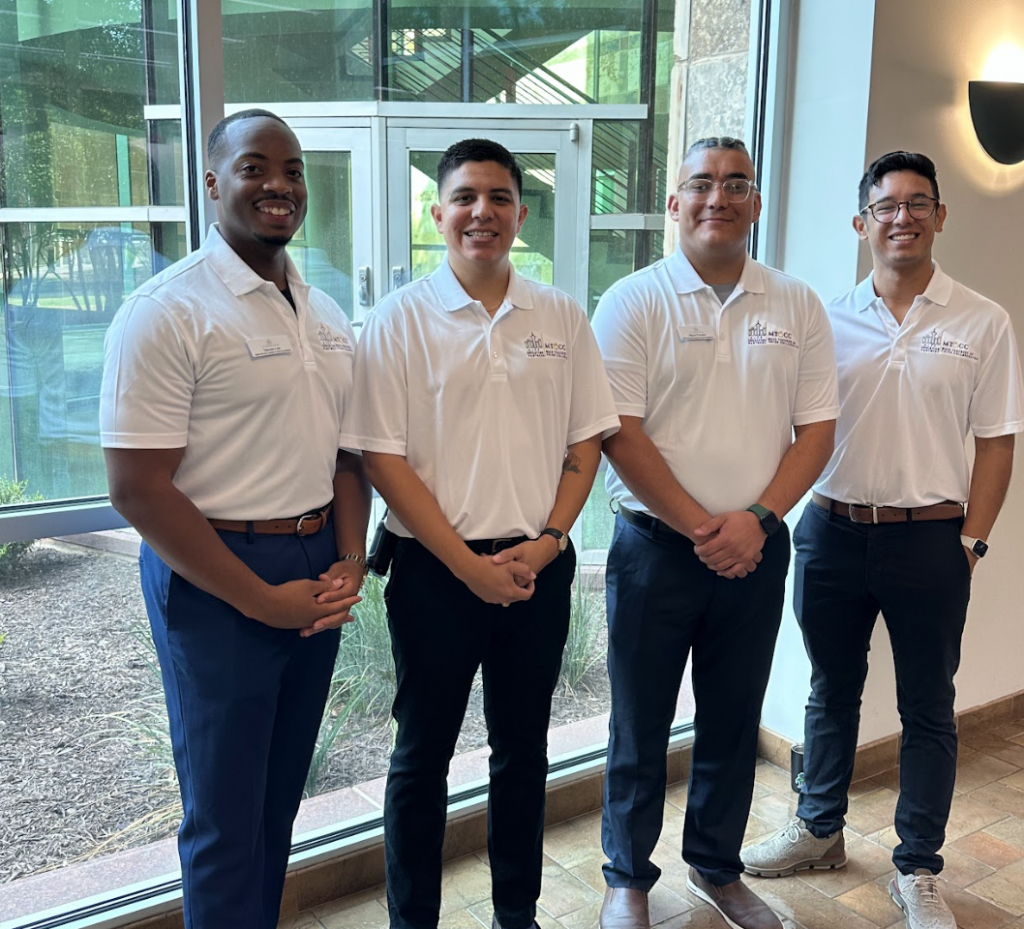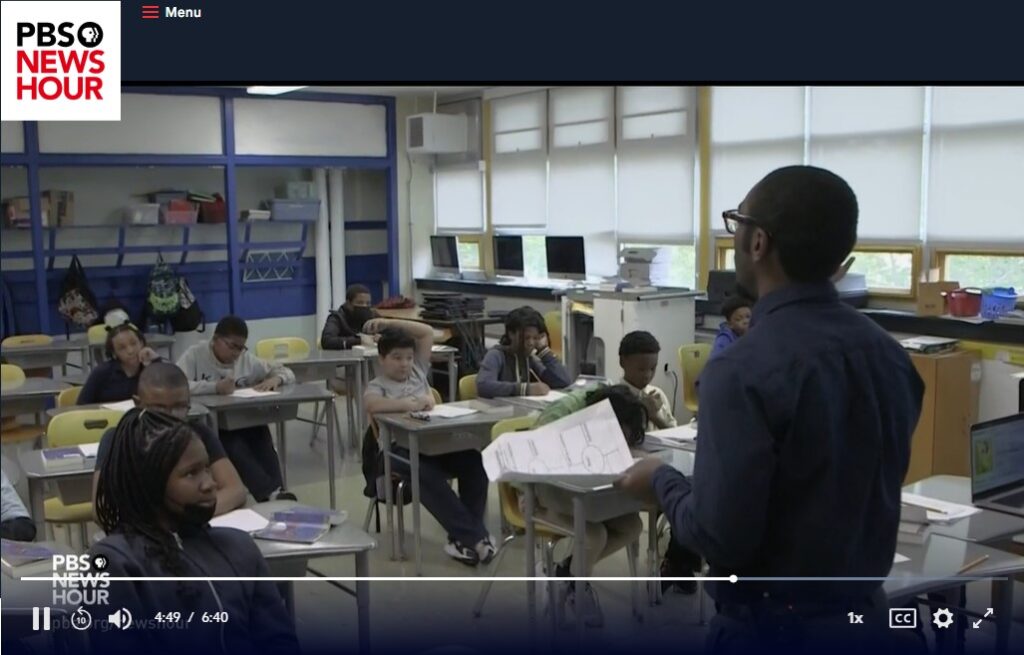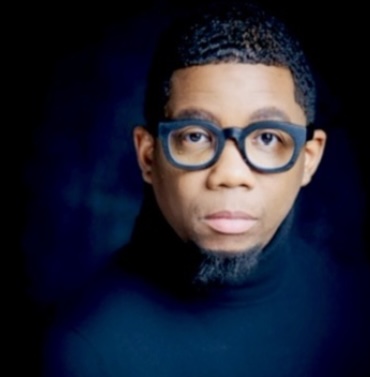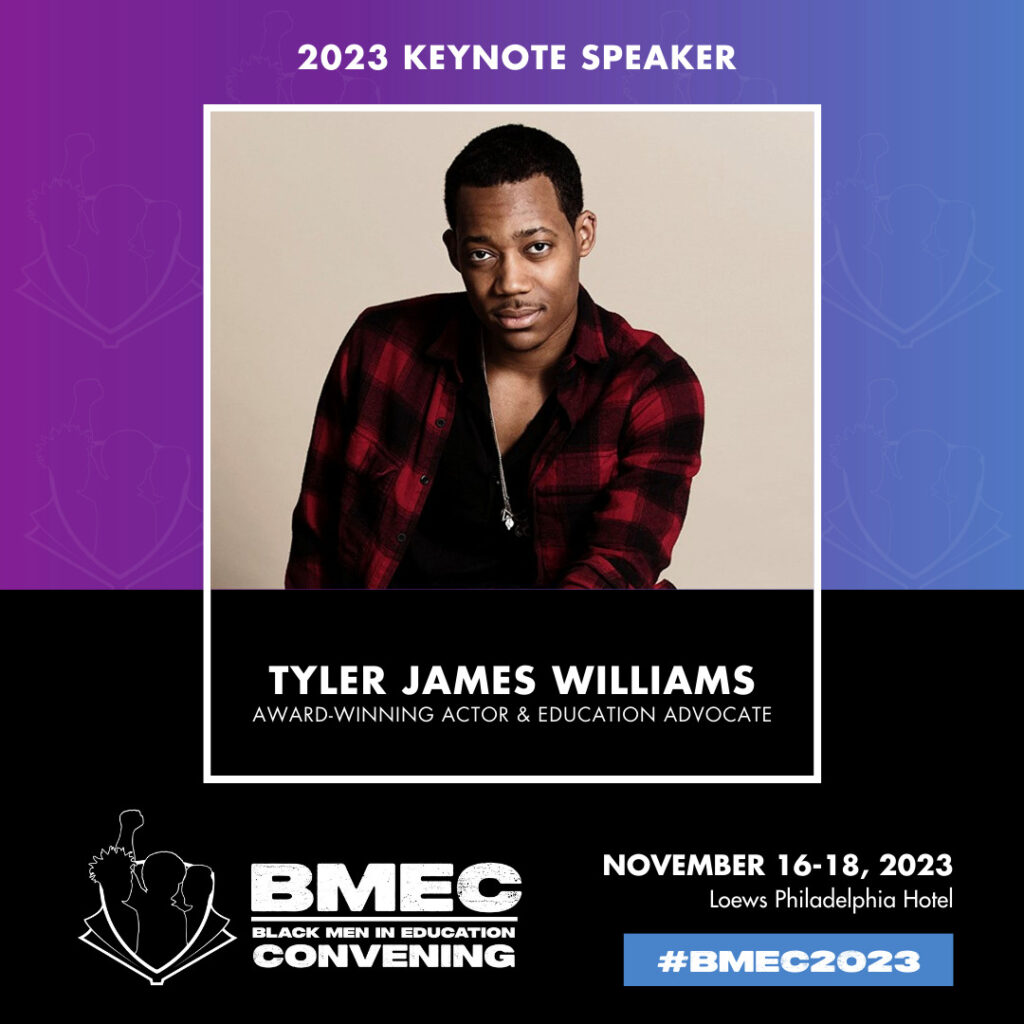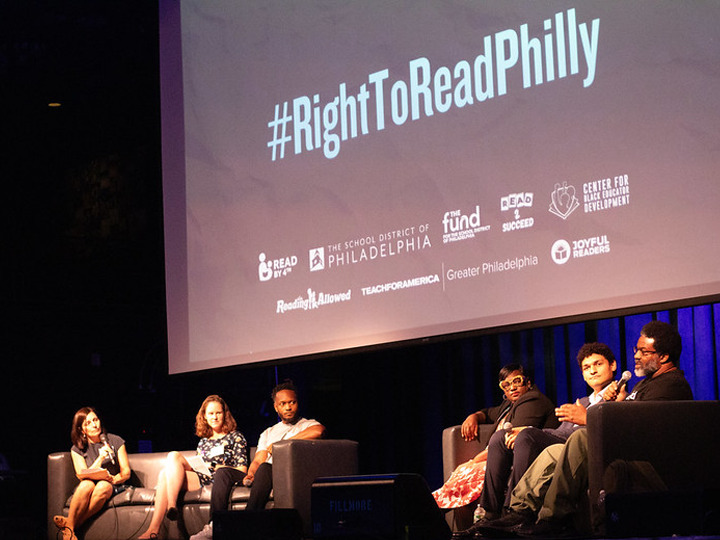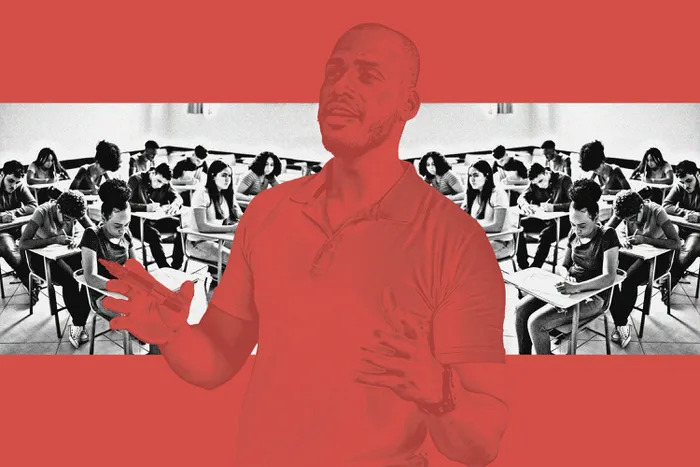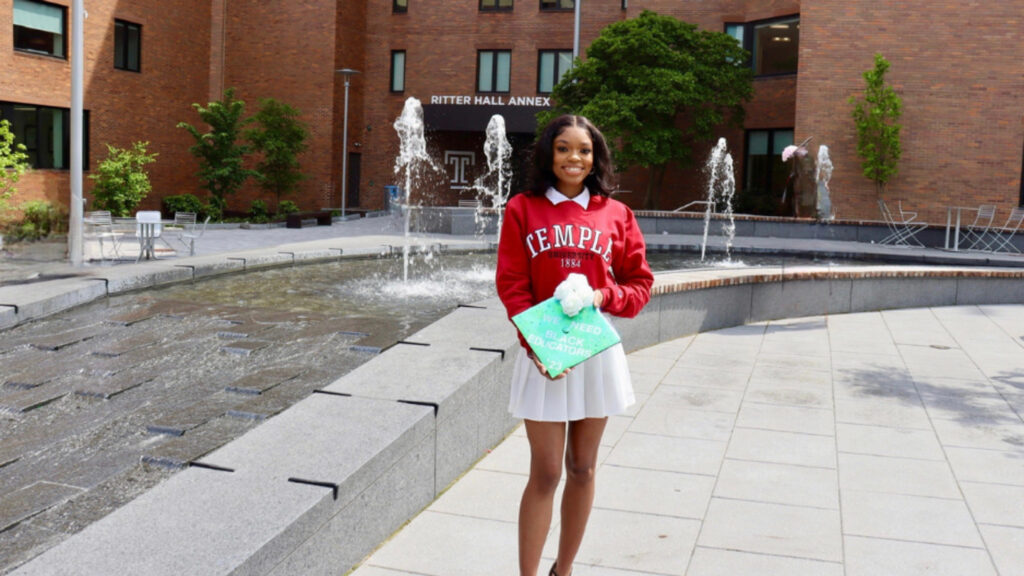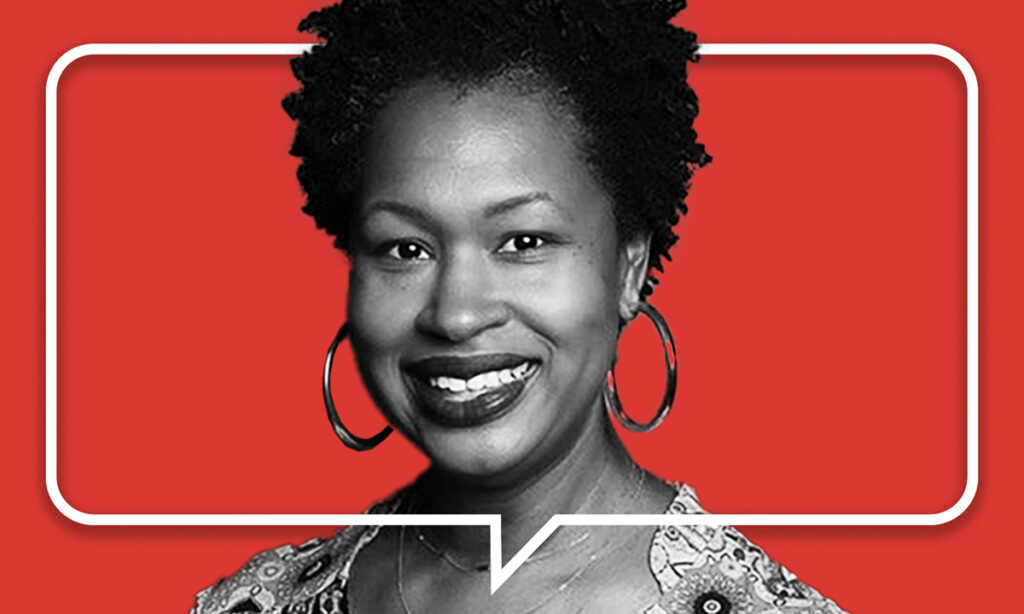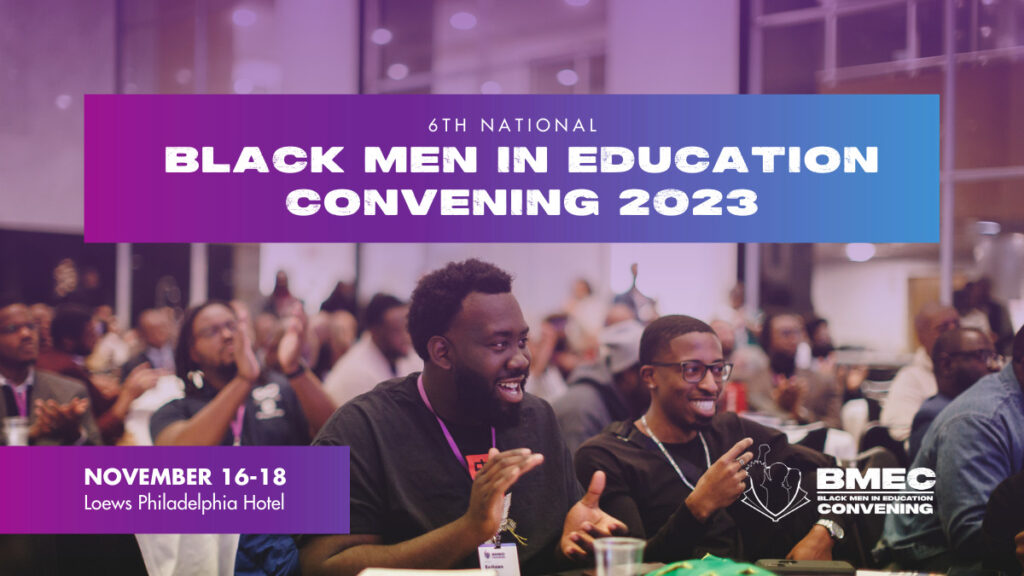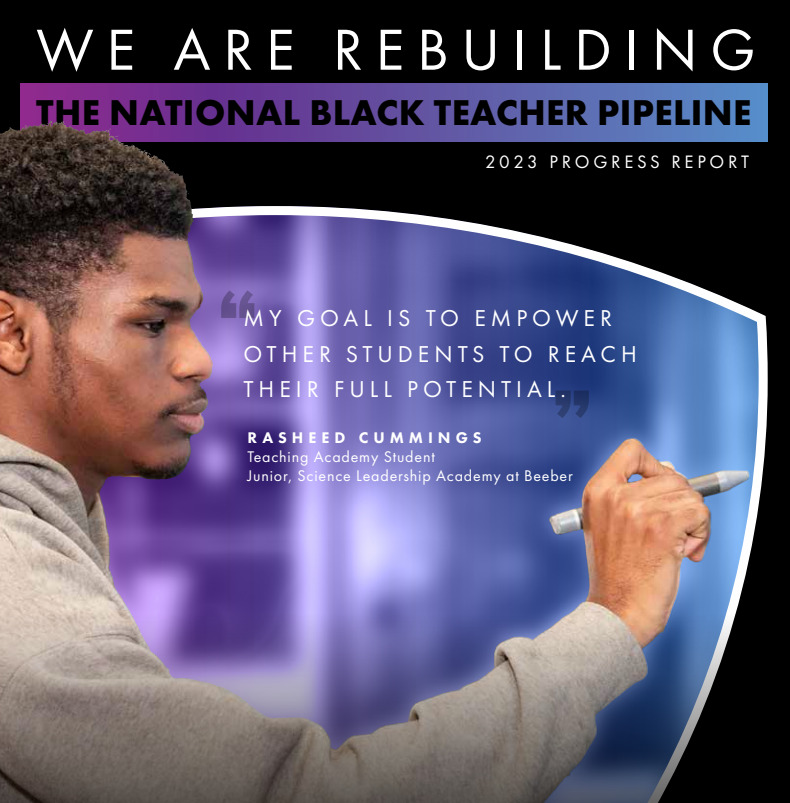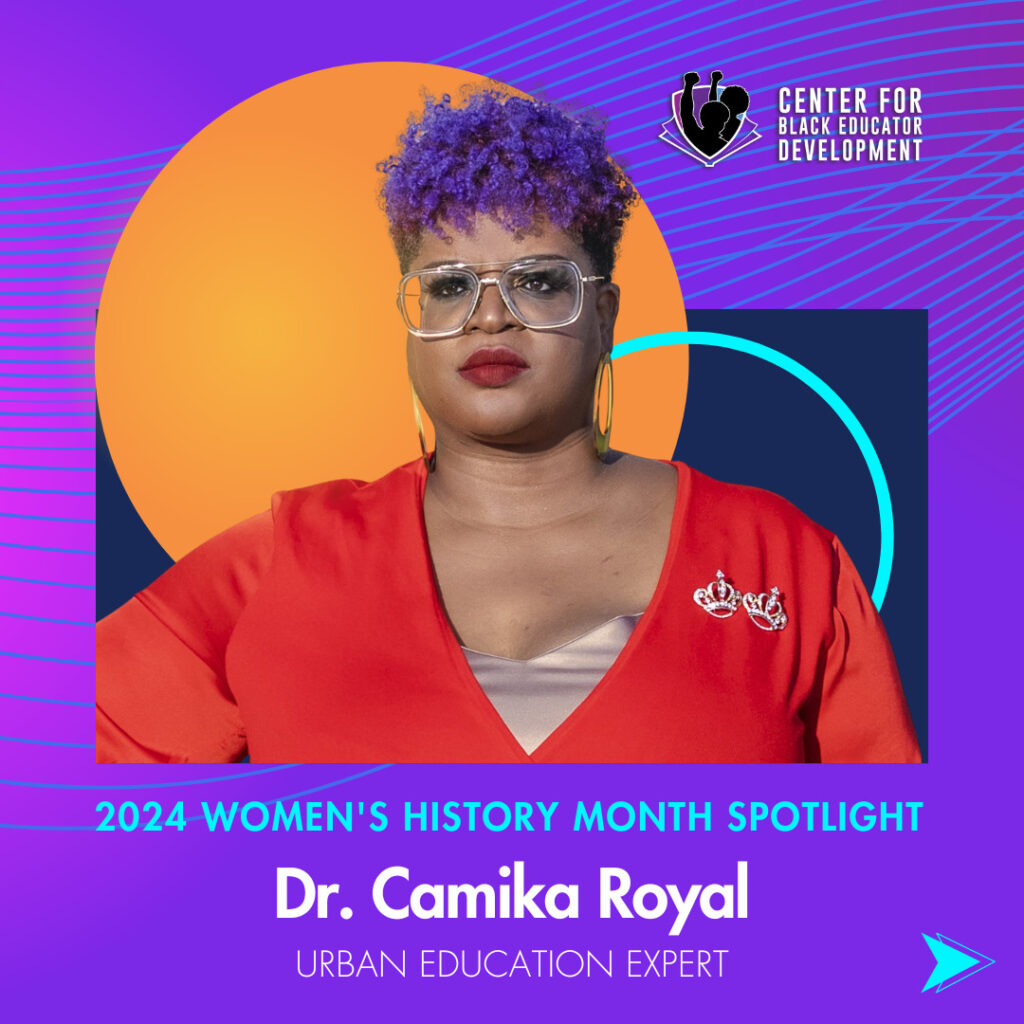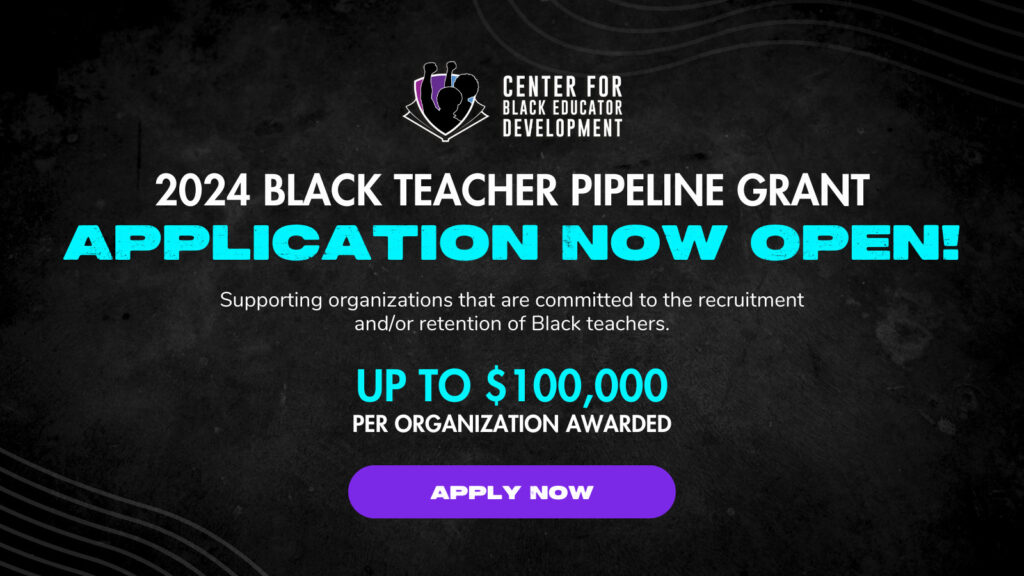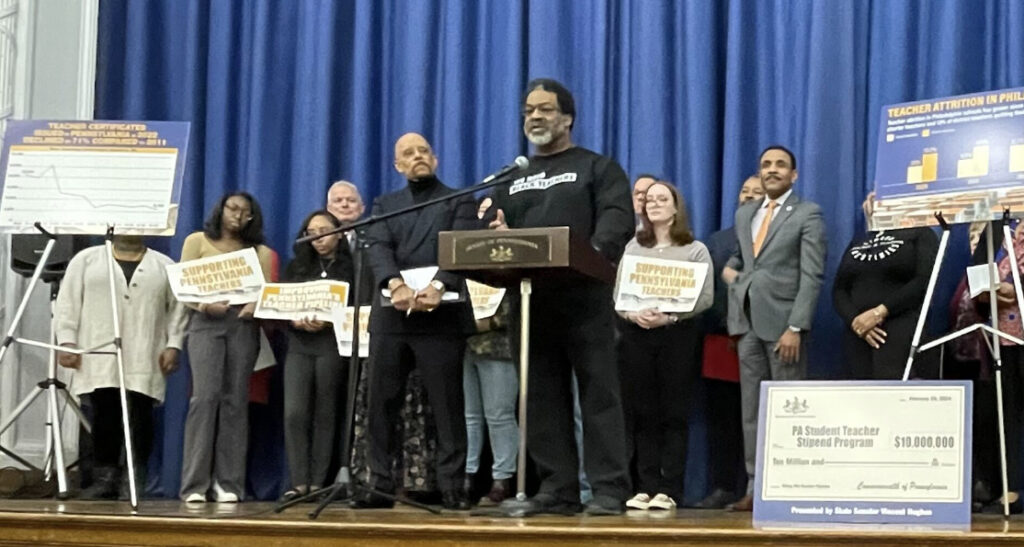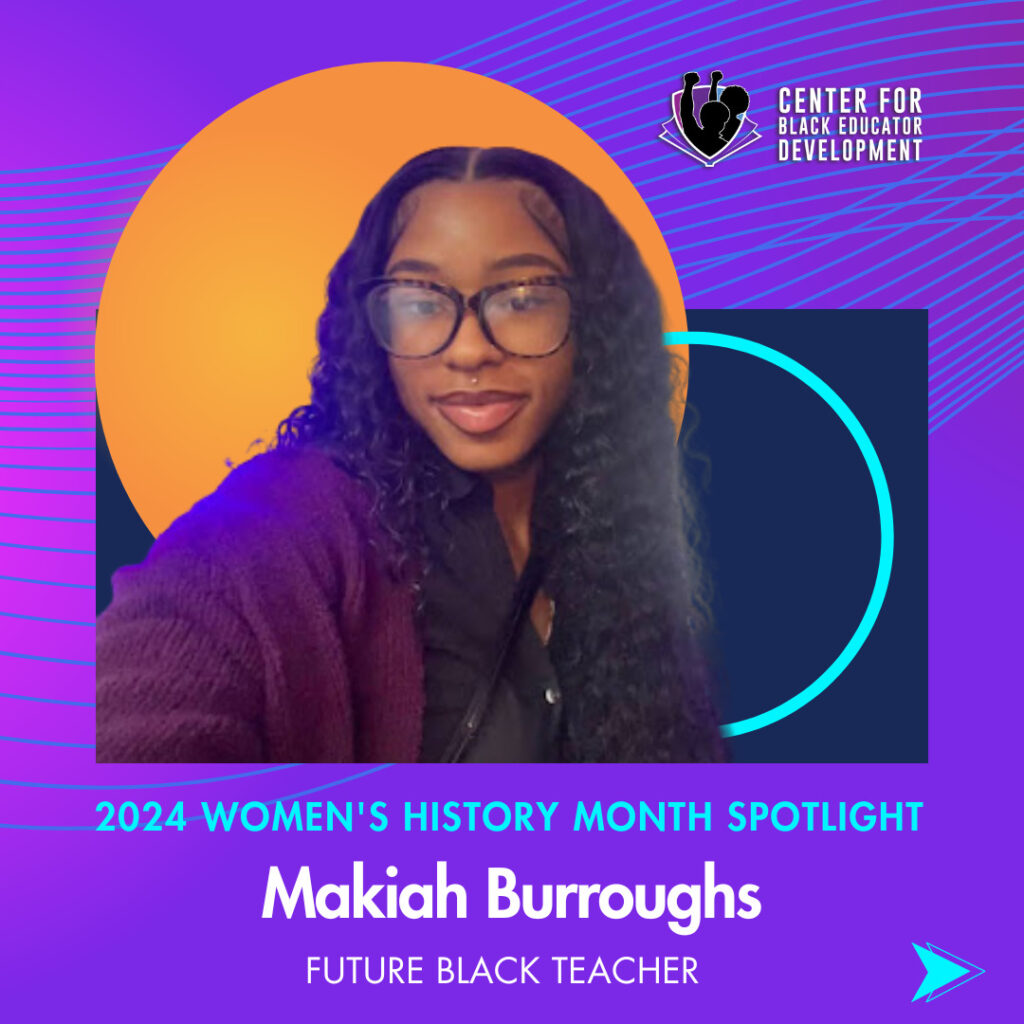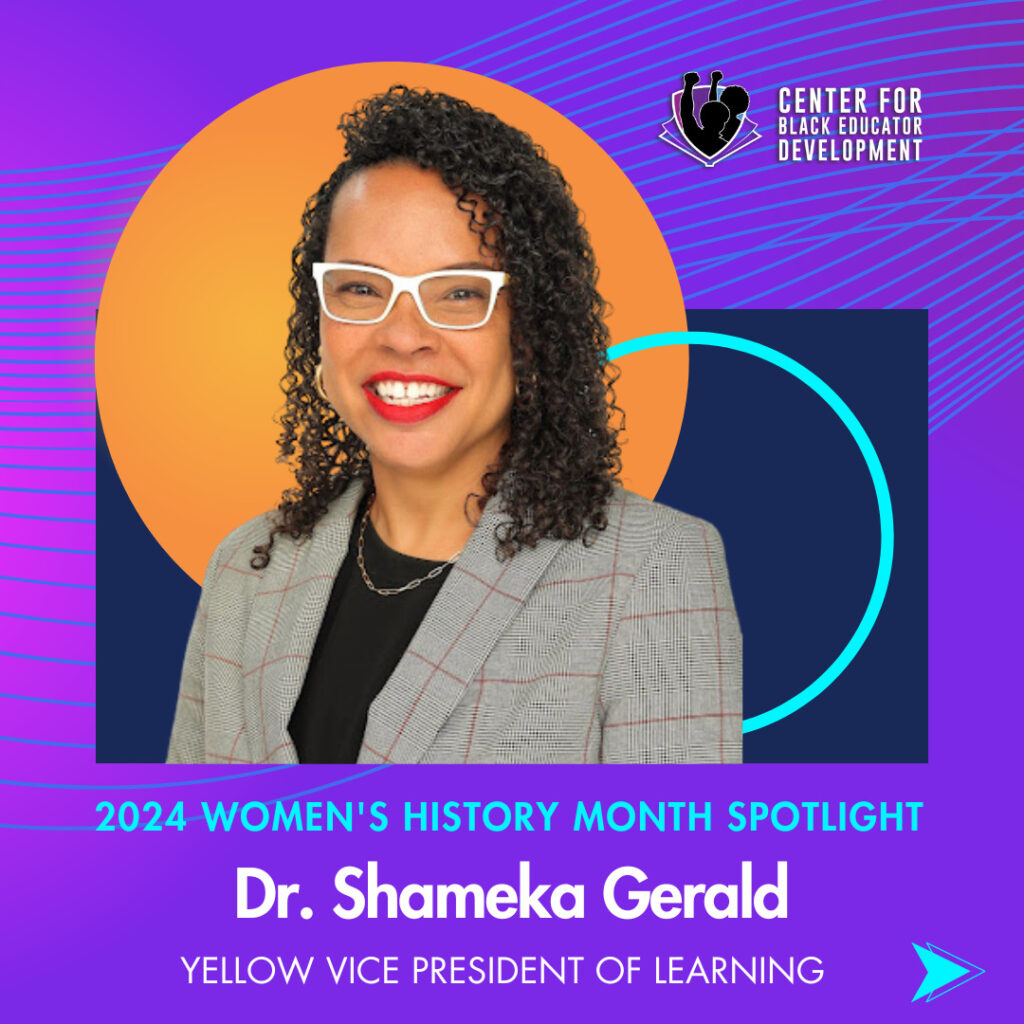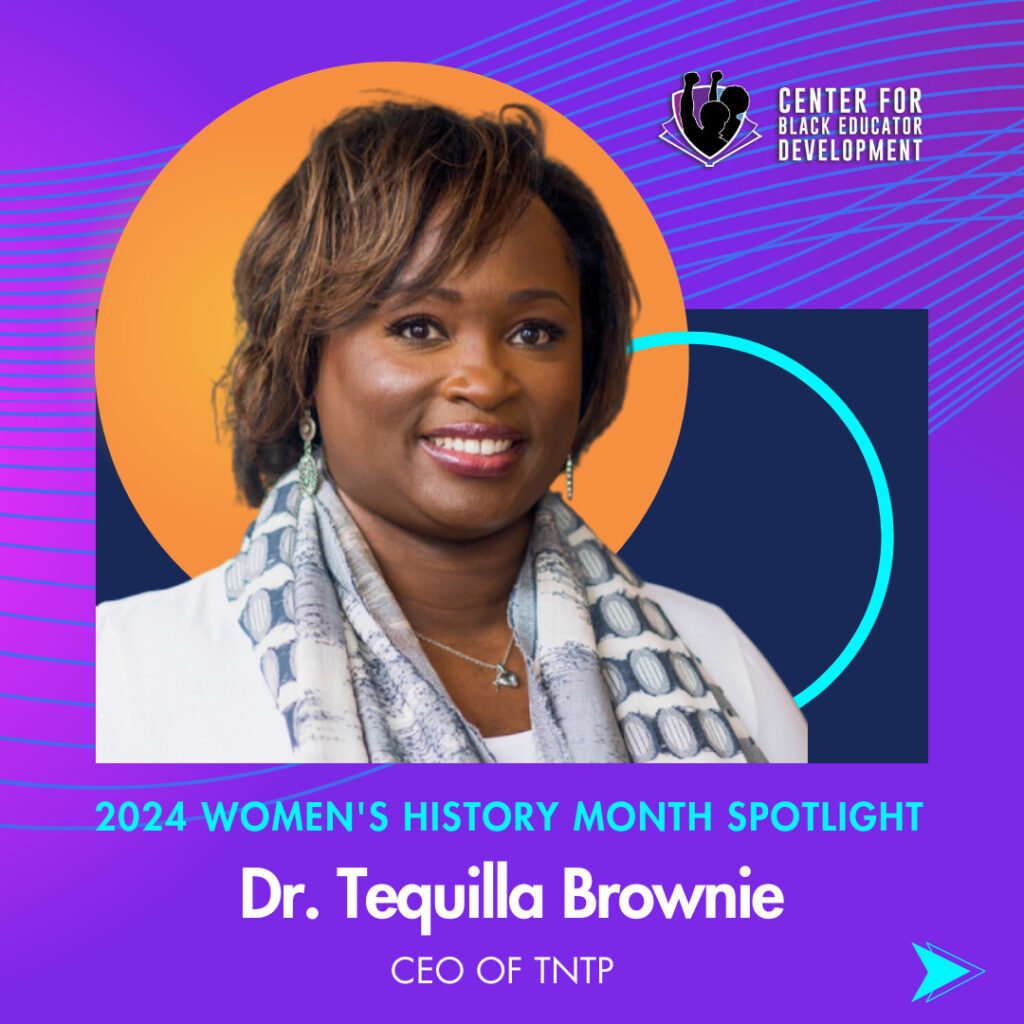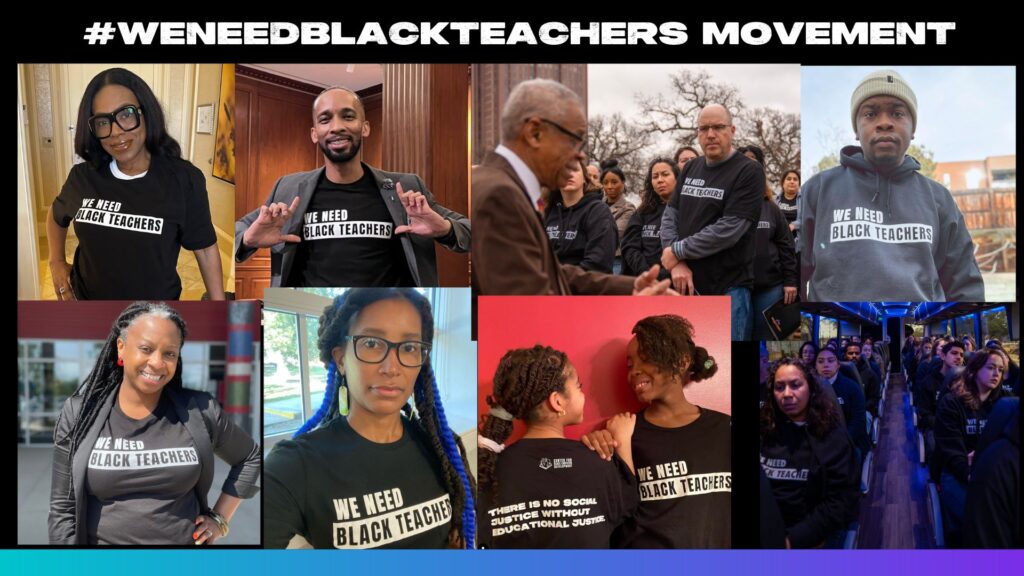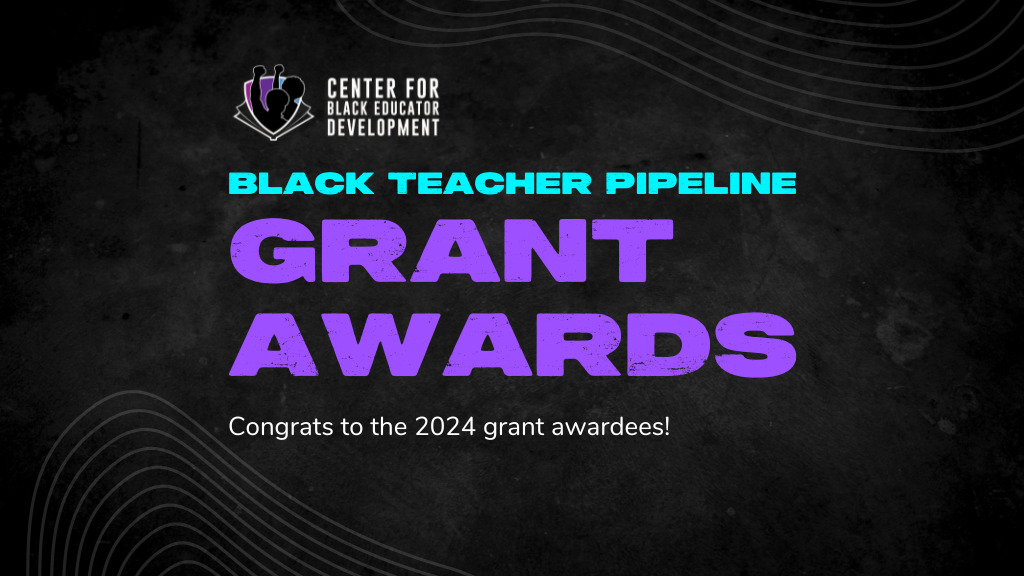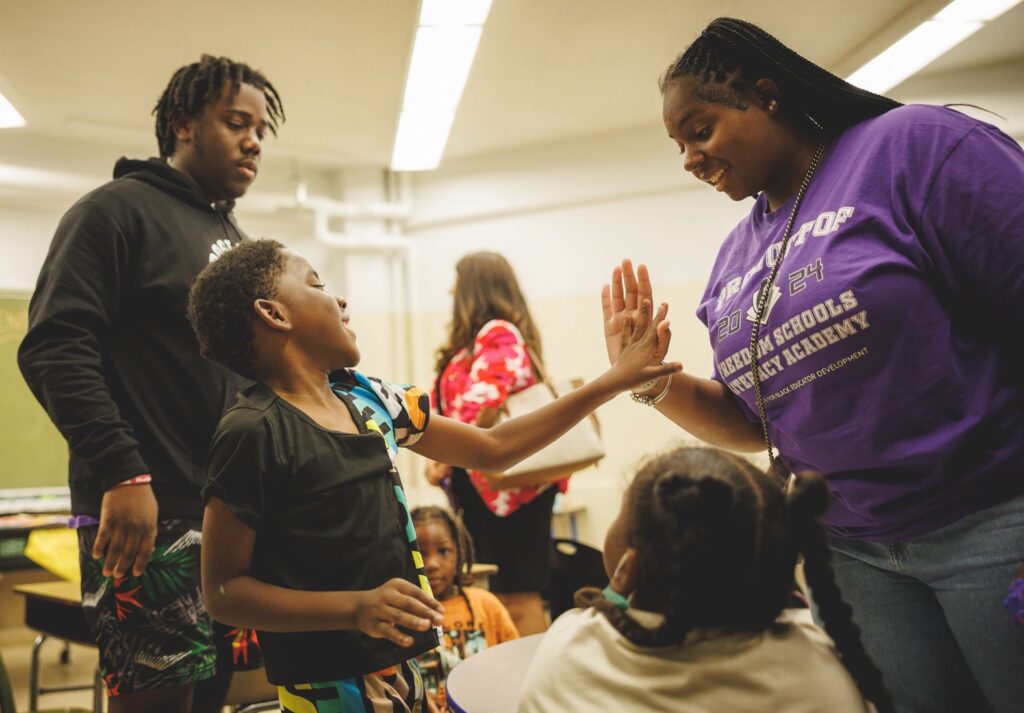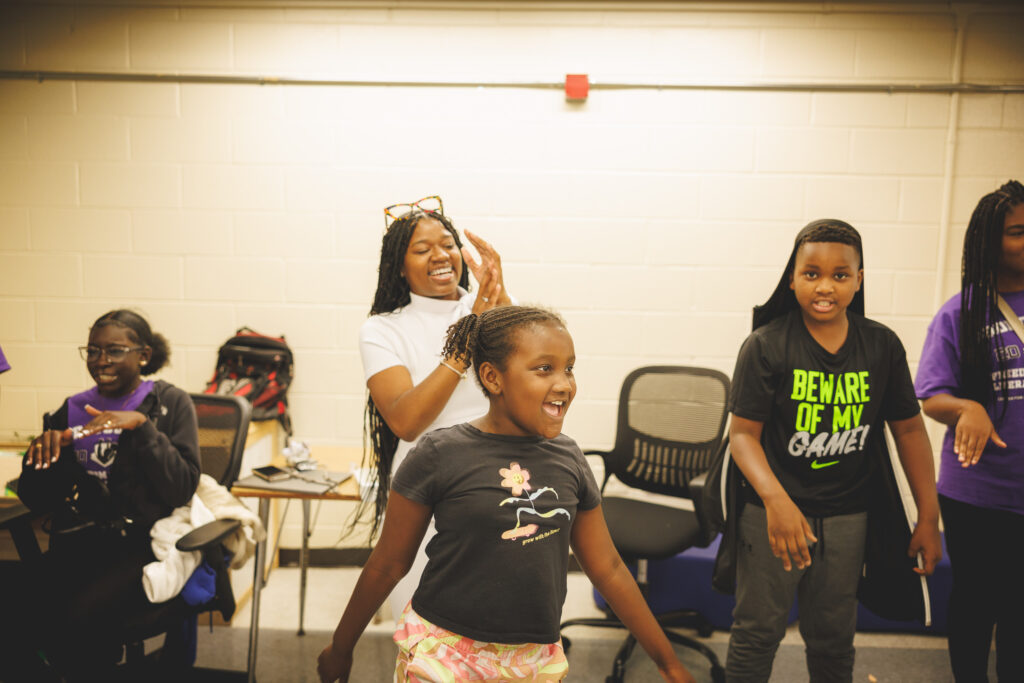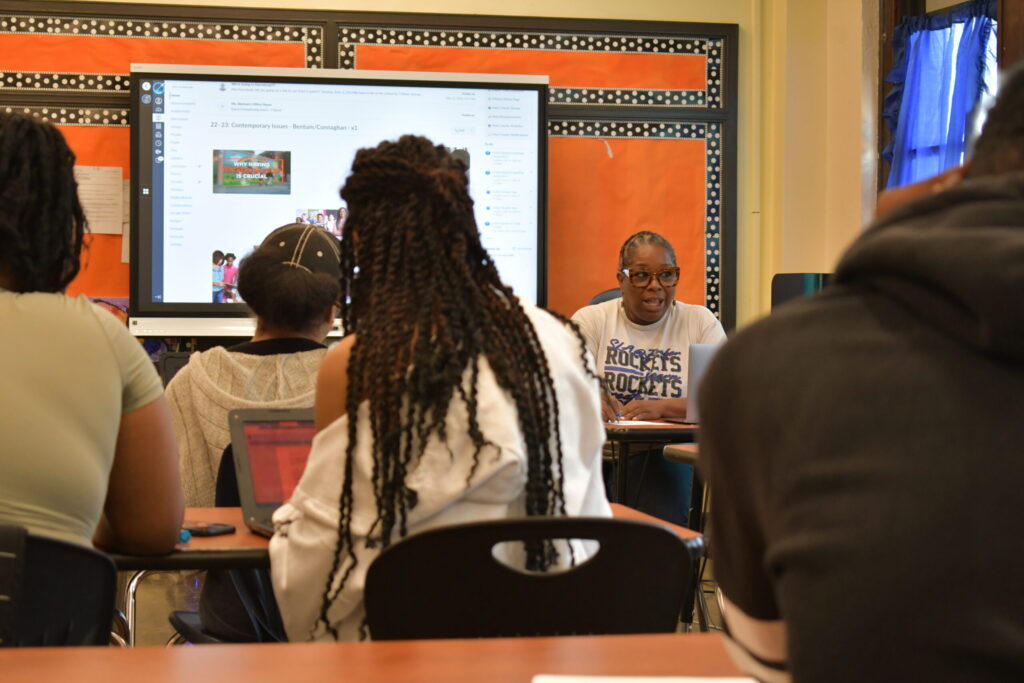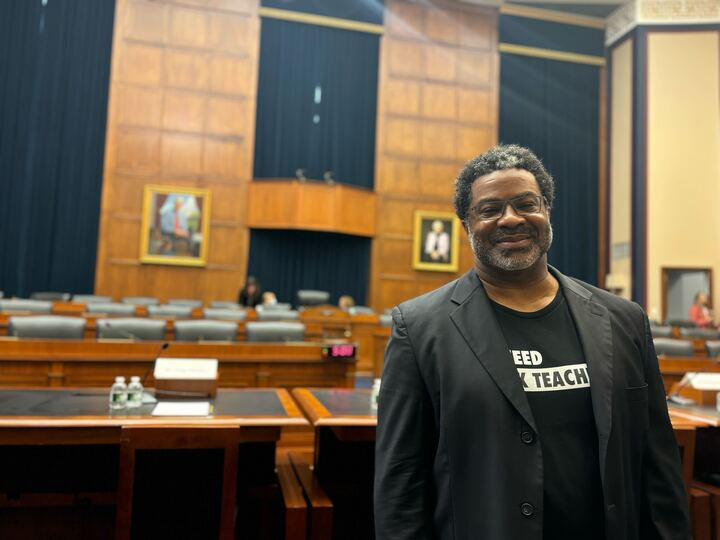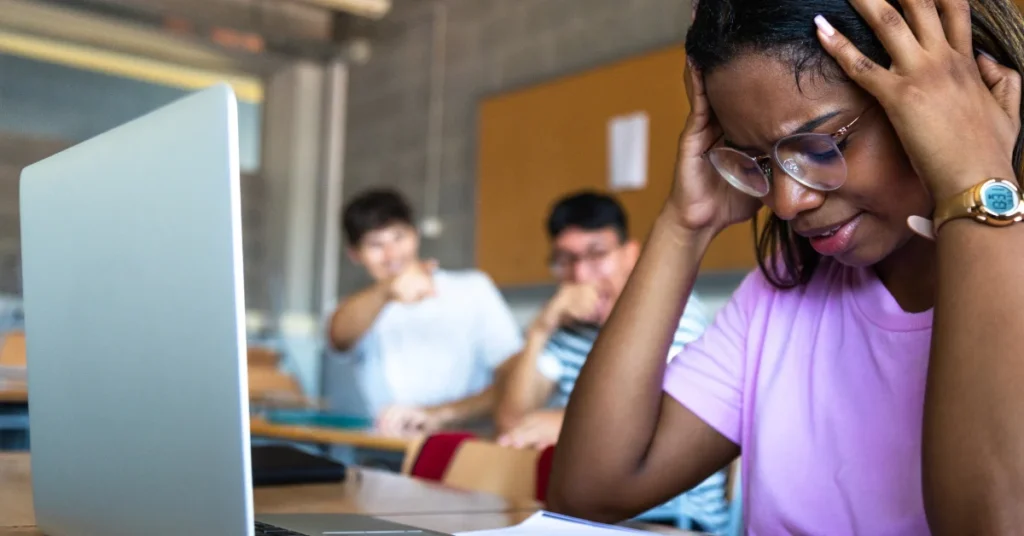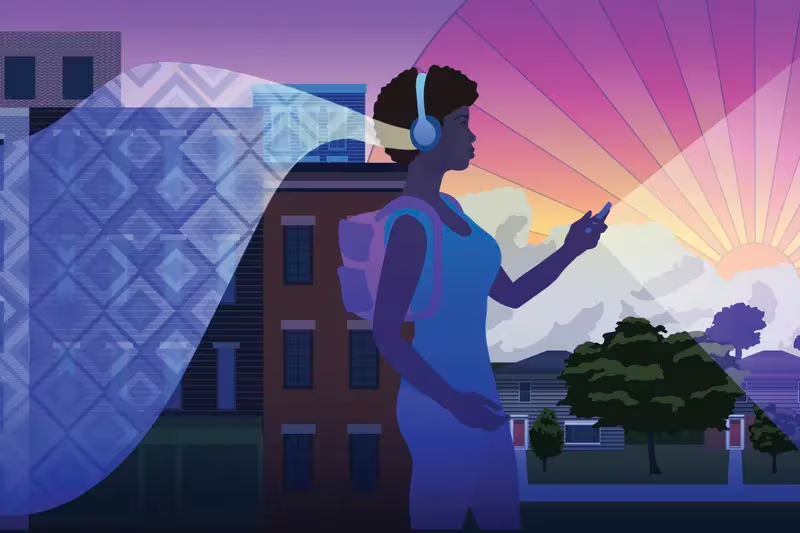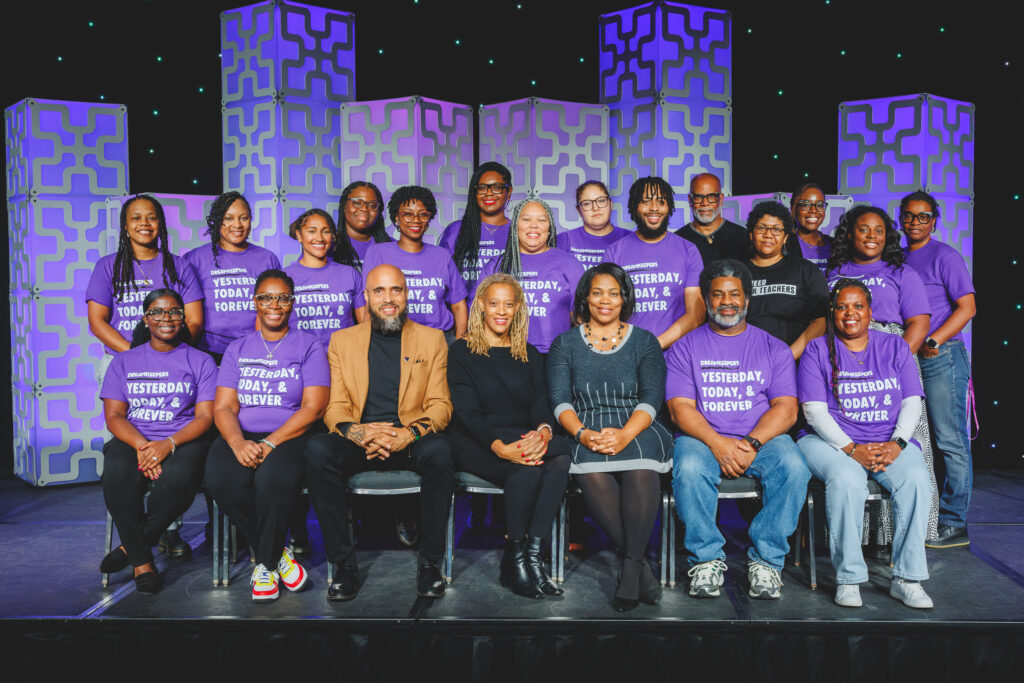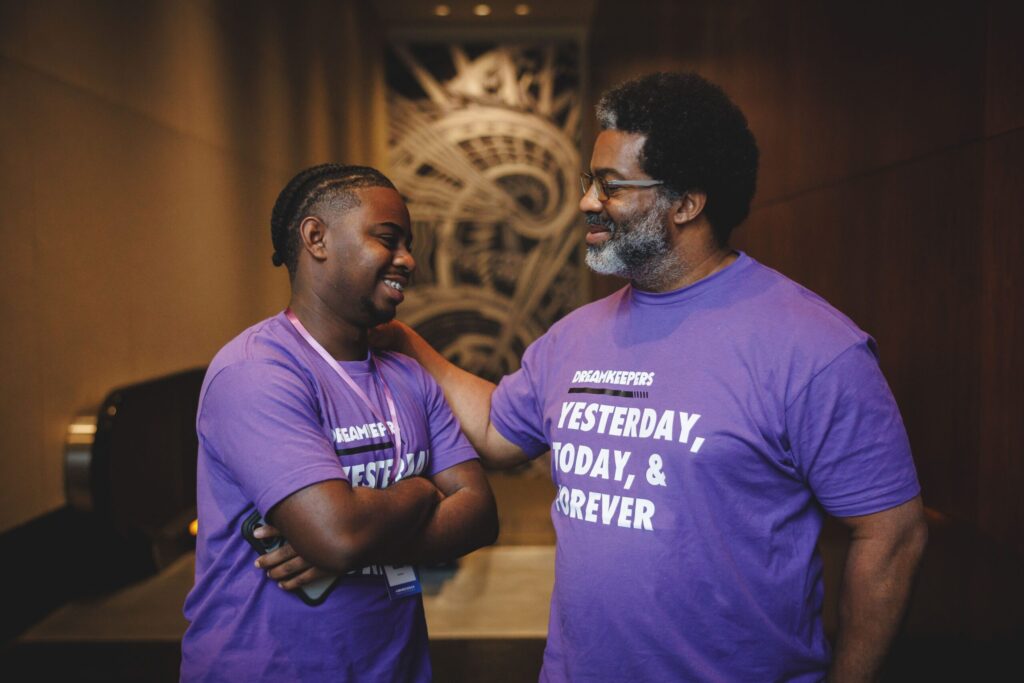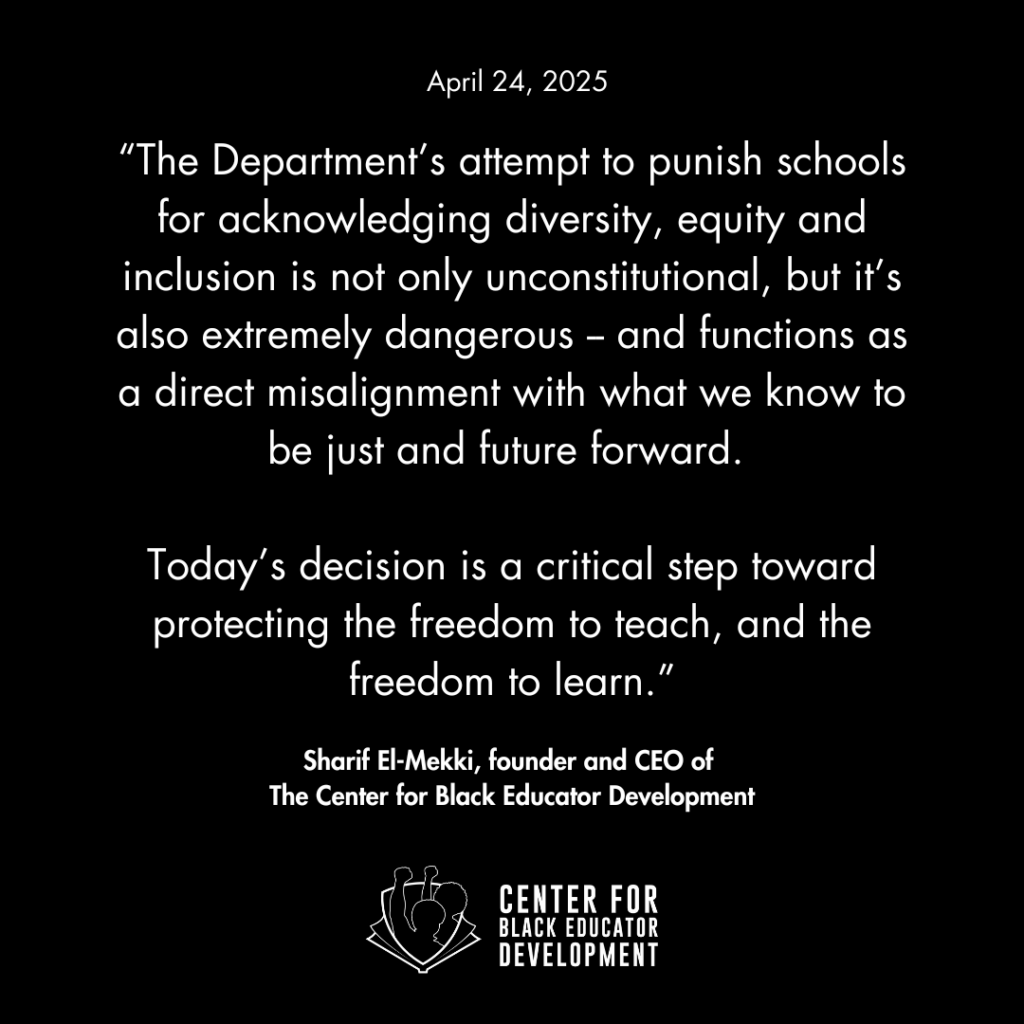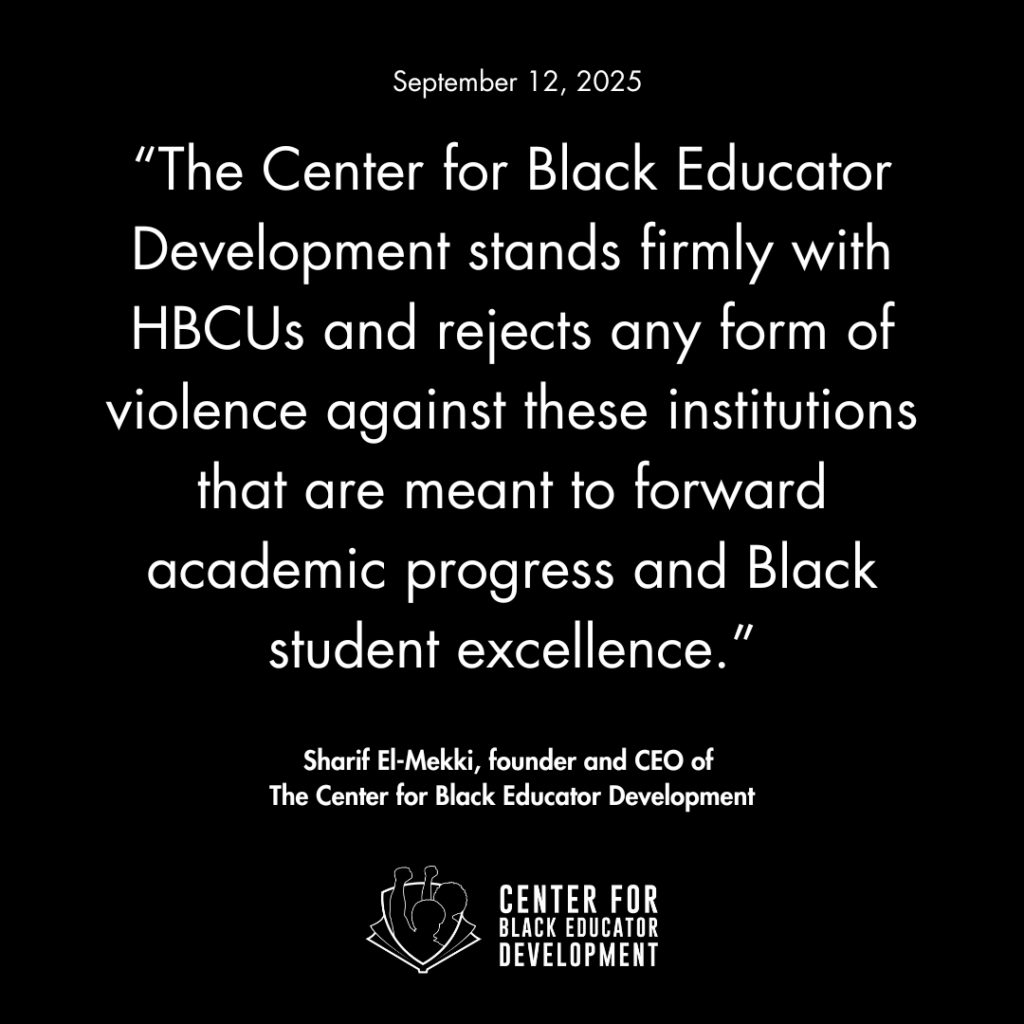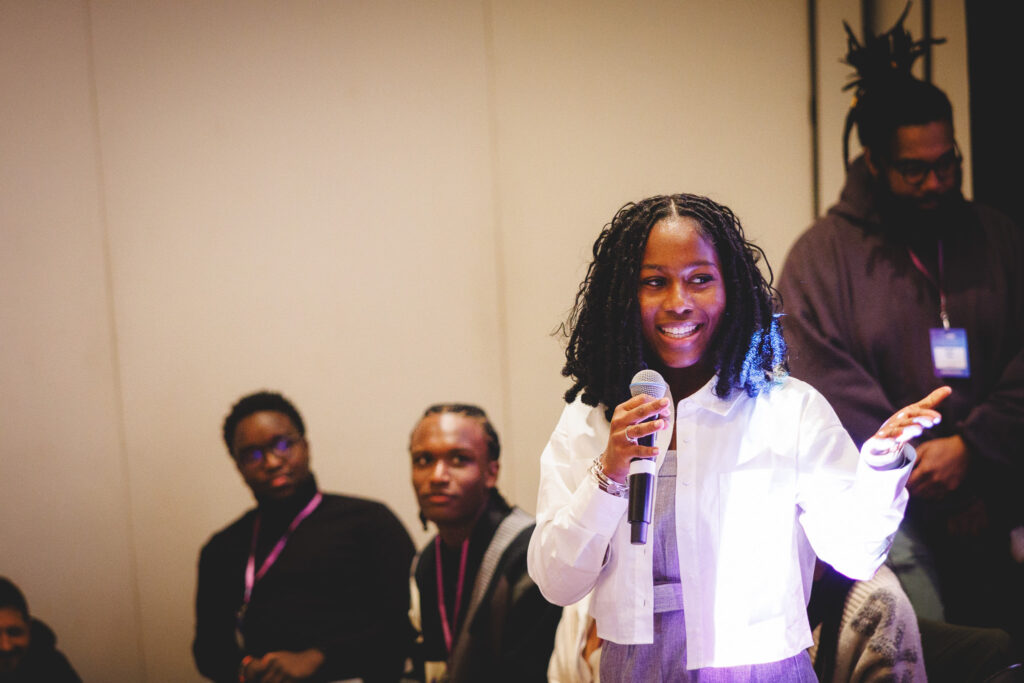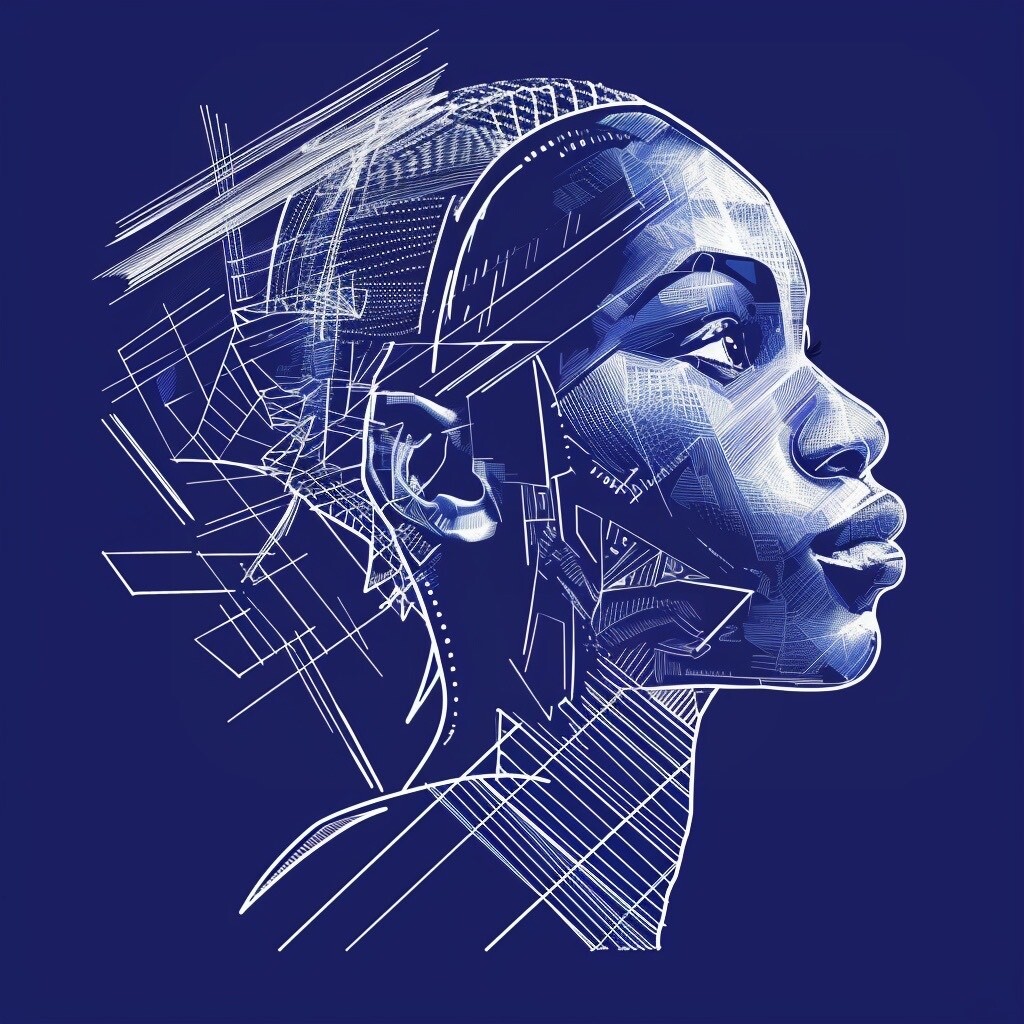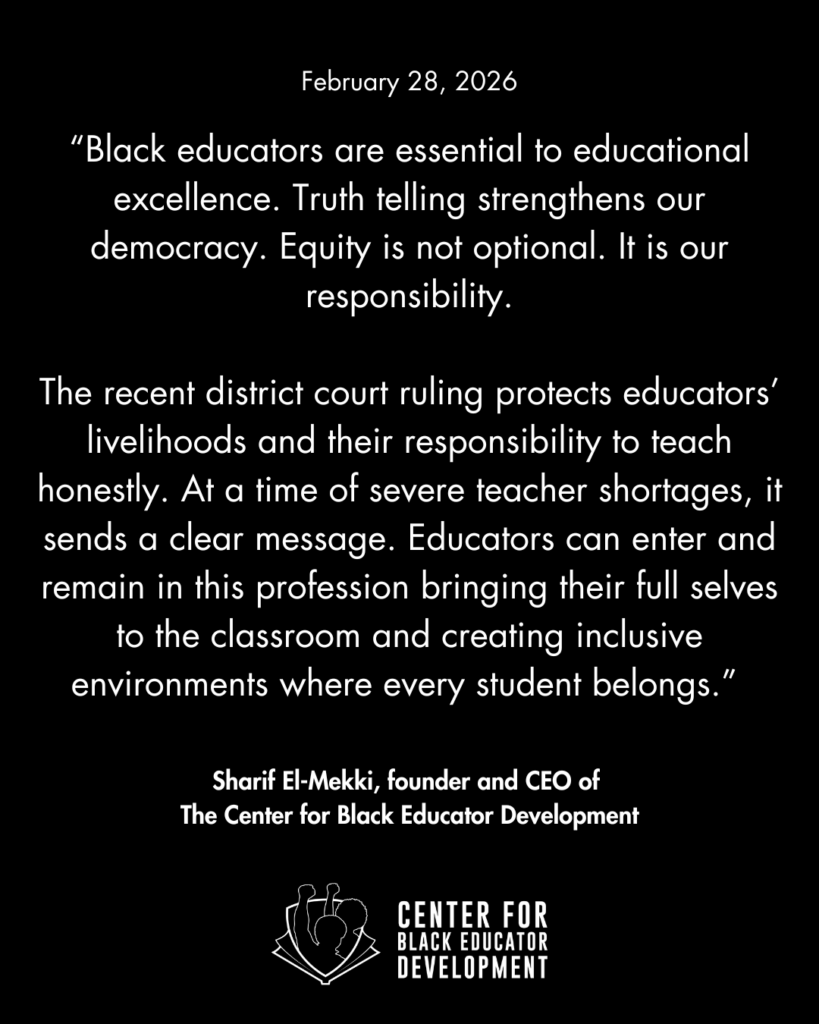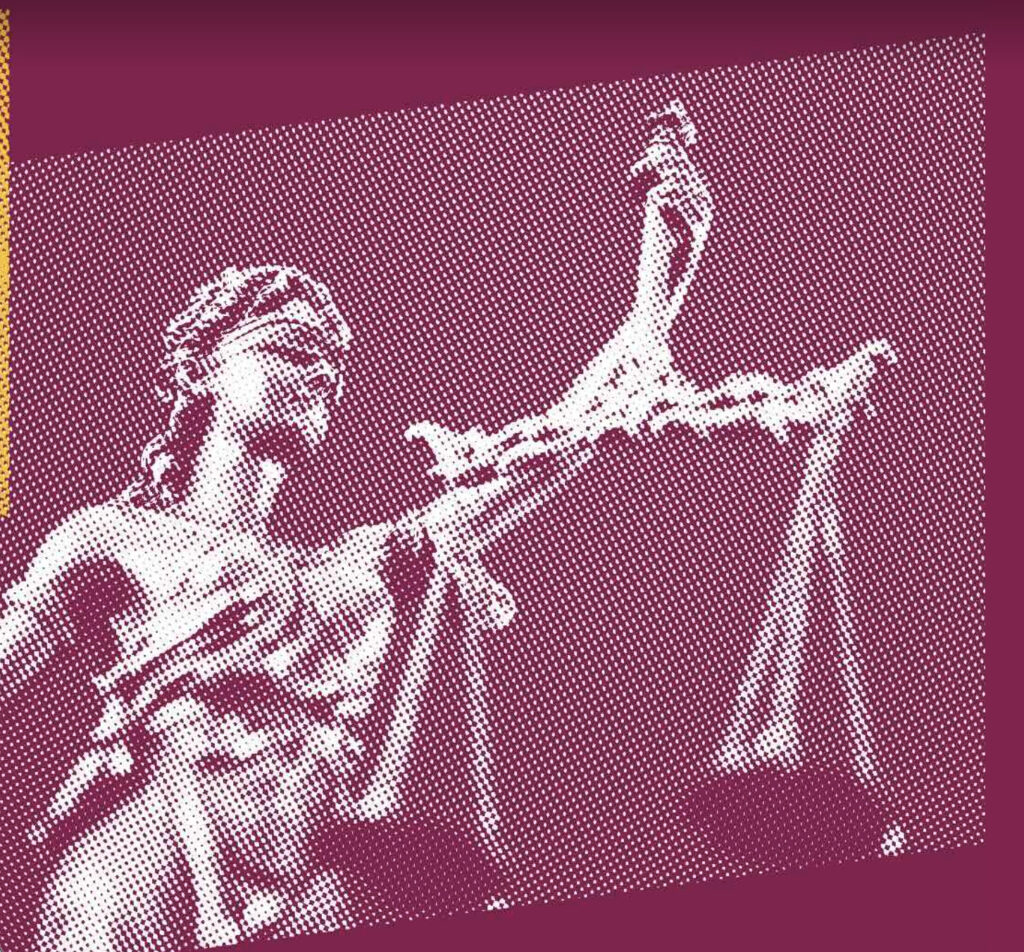Rev. Akosua Lesesne Women’s History Month Spotlight Feature
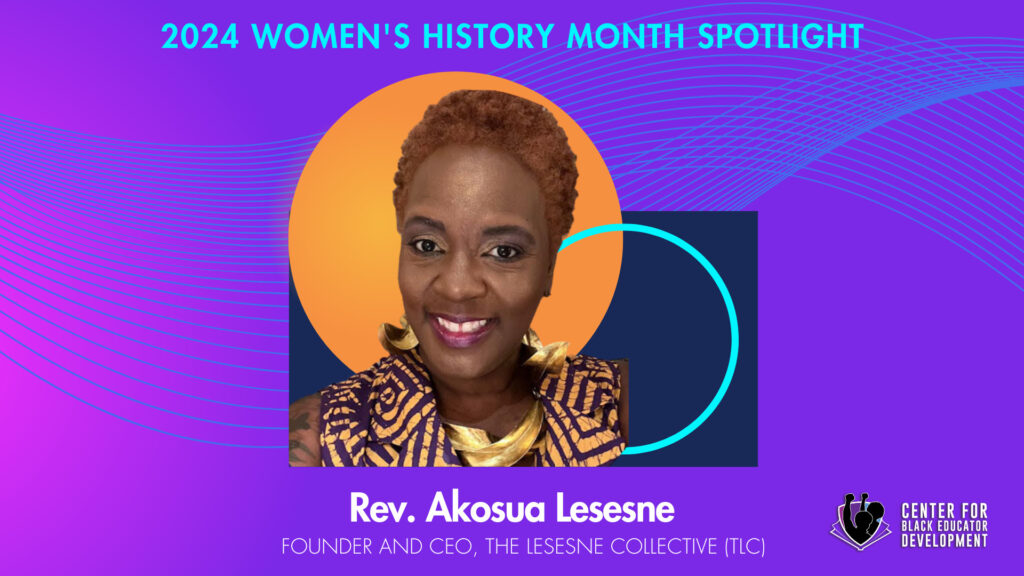
What/who inspired you to become a teacher?
My daughter, Whitney Ann, inspired me to become a teacher. I was a very young mother, which meant I was attending PTA meetings and actively parenting a school-aged child by my early twenties. Through these experiences, I witnessed firsthand how the dearth of Black teachers and lack of a curriculum that is relevant, affirming, and responsive to Black culture had on Black school children. This also impacted me as a Black parent. These dynamics made my responsibilities as a parent to develop a human being who was proud of who she was and felt loved and seen unnecessarily and exponentially more difficult. Initially, I thought I could help the situation by volunteering and consulting in the schools and youth organizations in which my daughter was enrolled. After years of this approach, I saw more and more that these dynamics impacted the system much more deeply than I had initially understood. I concluded that if my efforts were going to have a lasting impact and if I was going to really help make schools better places for Black children, I would have to become a member of a school community. As a single working mother and college student, I took 10 years to complete my bachelor’s degree. So at this time, I focused the remainder of my coursework and independent study opportunities on Black education, entered a M.A.T. program immediately after undergrad, and began my career as a high school social studies teacher by the time my daughter was in the 10th grade.
Share one moment when you felt you had the most impact as a teacher.
Recently, I was visiting my hometown and had the opportunity to have dinner with four of my former students. They’re all in their early thirties now. I wasn’t their classroom teacher, but they were the founding members of a Black male peer mentoring club for which I was the faculty sponsor. In this club, as high school juniors, these young men were the student mentors for Black boys who were freshmen and facing academic challenges with their transition into high school. Their commitment to and effectiveness in the role as peer mentors required a level of compassion, collectiveness, and sociopolitical consciousness about the root and nature of the inequities impacting the academic achievement of Black boys. At dinner, I was moved to see that each of these young men had taken these qualities and more into their adult lives. One young man is a teacher himself now and I was thrilled to experience him hold his own in a conversation about systemic oppression and the educational system, its impact on him as a Black male teacher as well as his students, and how he combats it. Another young man is a lawyer fighting for equity by providing counsel to Black nonprofit organizations and other businesses. I was blown away by his commitment to Black liberation and social action. Three of the four young men are Haitian American, and I learned a great deal from their analysis of the current and historic conditions in Haiti. I was deeply impressed but not surprised by the global and historic nature of their understanding. I cannot take credit for all of this. As high school juniors, they came to the club with these qualities, and, indeed, they had many positive formative experiences at school, at home, and in their communities. Nonetheless, as a teacher, I do think I created opportunities for them to explore these ideas more deeply and develop them further.
What advice would you share with a future Black teacher?
I would advise a future Black teacher to stand on what they know in their souls to be best for themselves and their Black children. This "knowing" will be tested from the first day of your teacher preparation experiences to the day you retire, but stand on it. Stand on it and continuously seek out opportunities to help you (re)member. We come from a deep, wide, and rich legacy of Black teaching excellence. Teaching is a sacred trust, and we have millions of ancestors and elders in the tradition of Black education for social justice and liberation on whose knowledge and experience we can and should look in service of the love, genius, and liberation of Black teachers and children.
